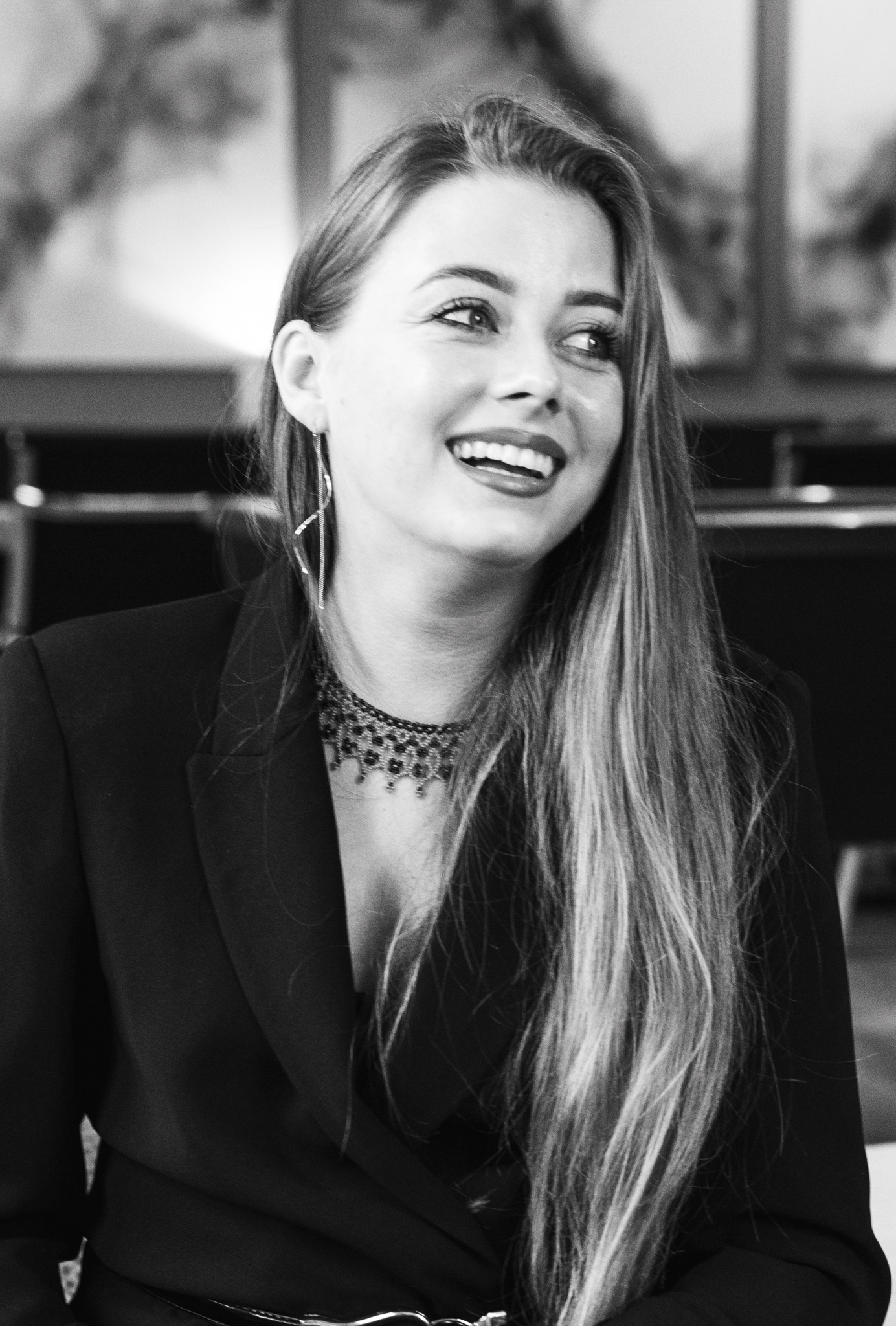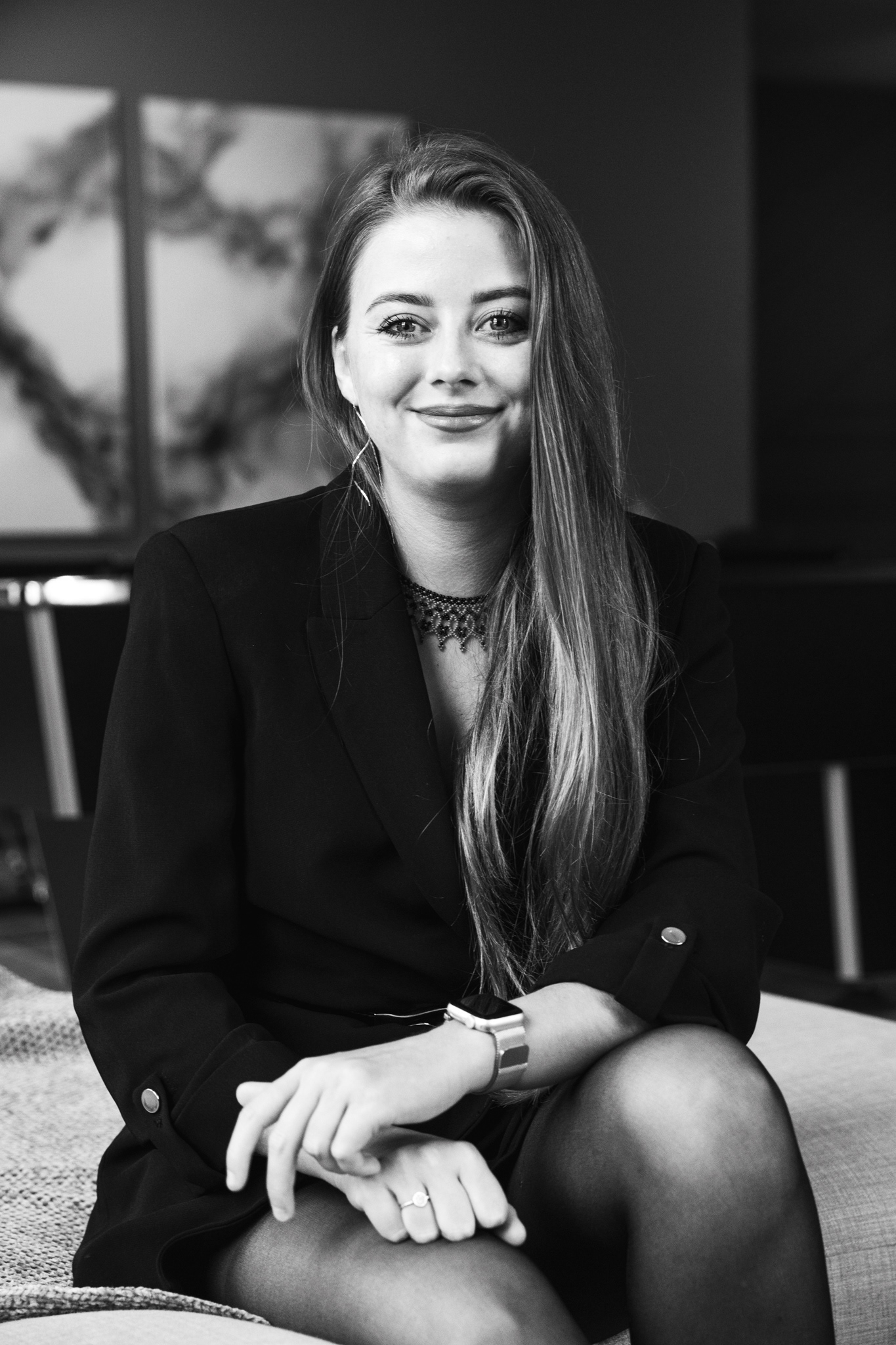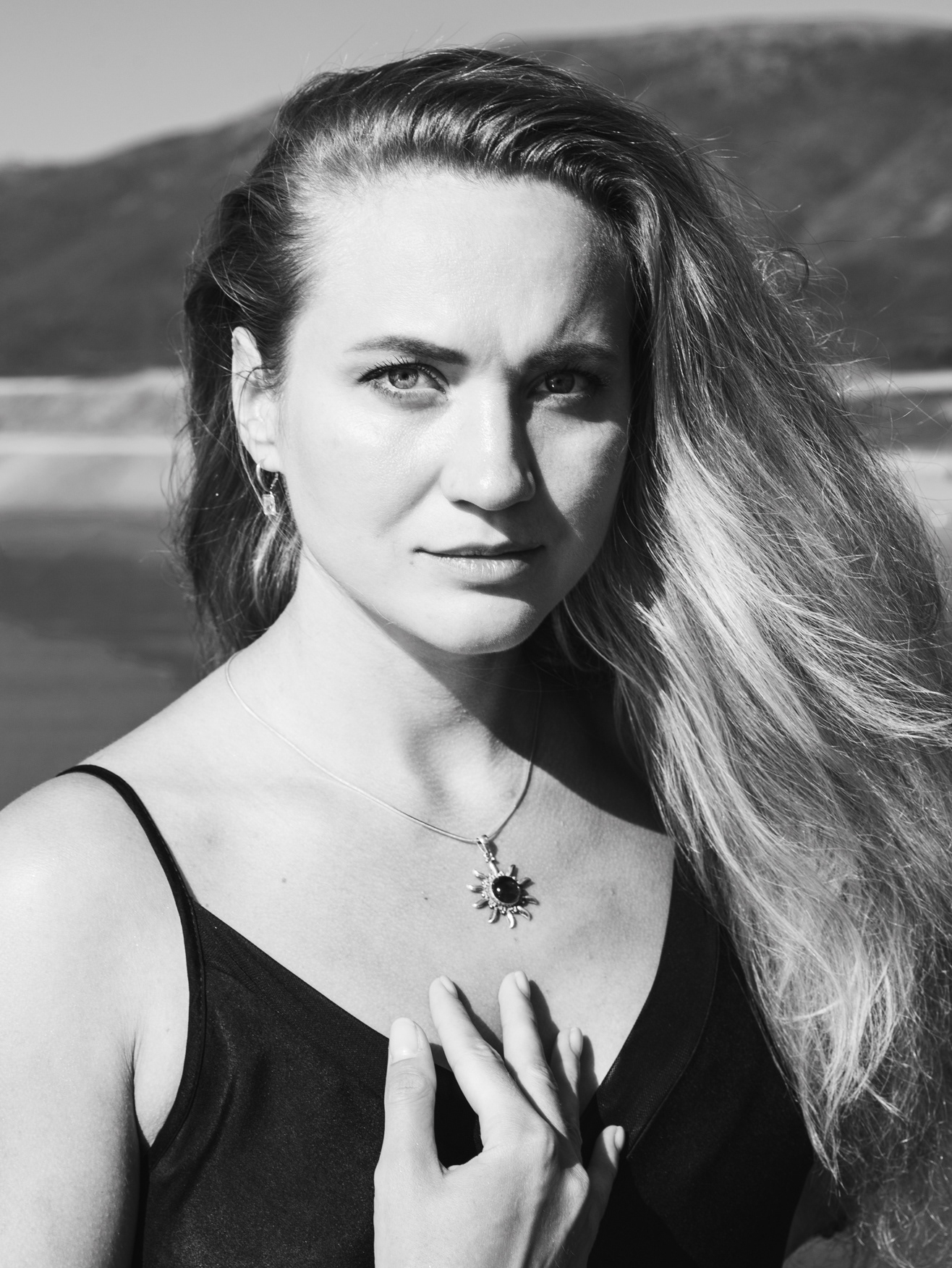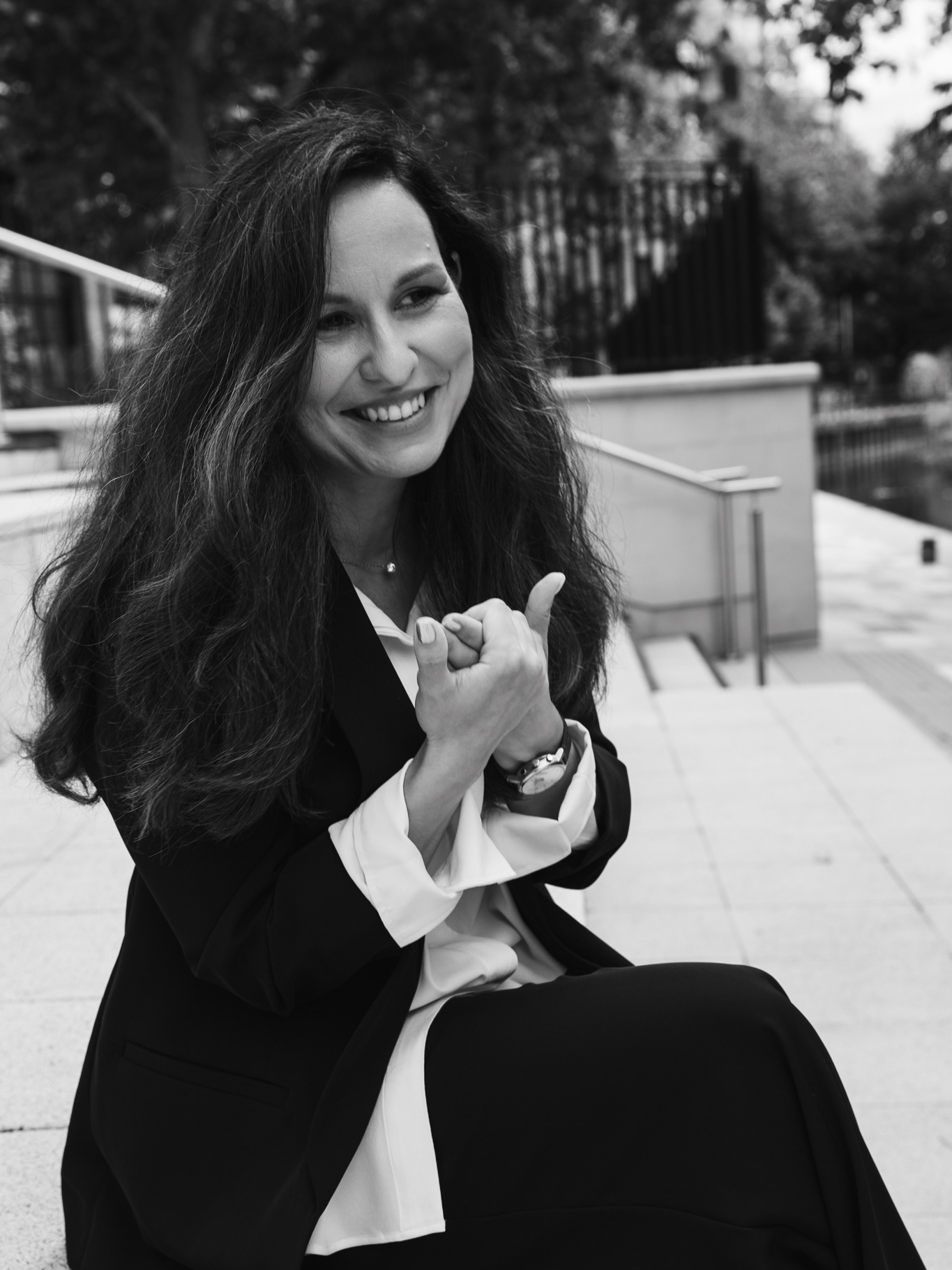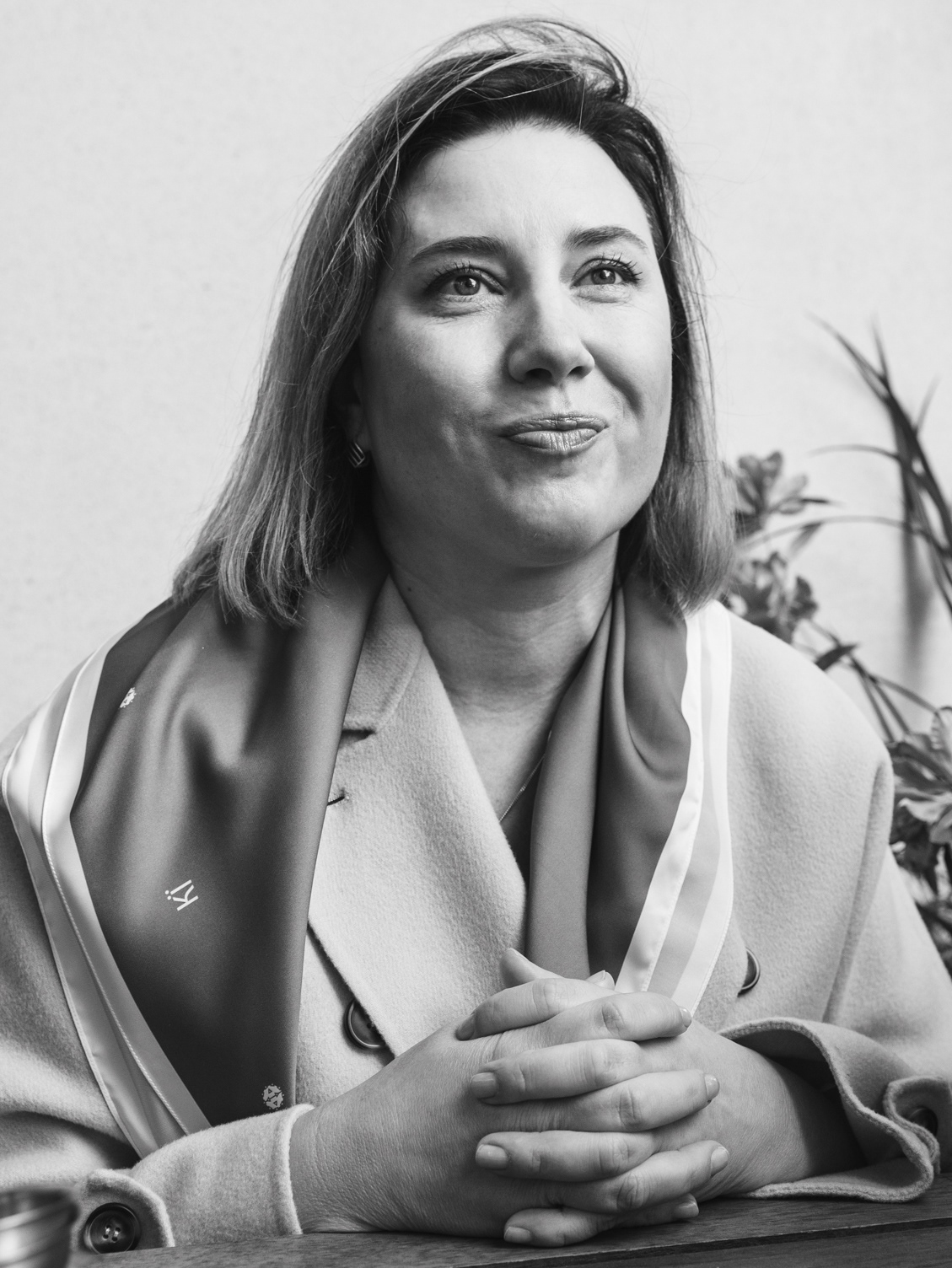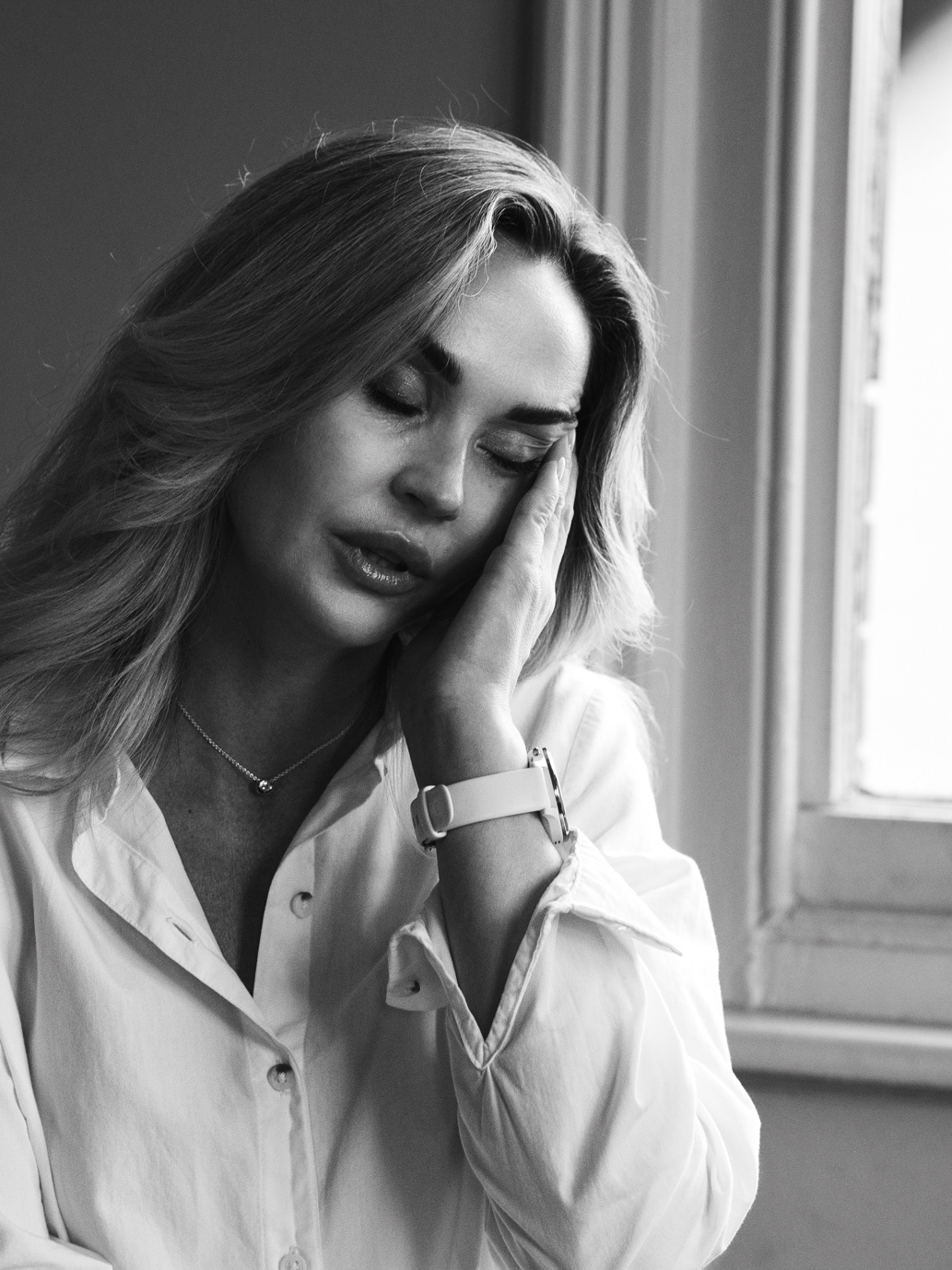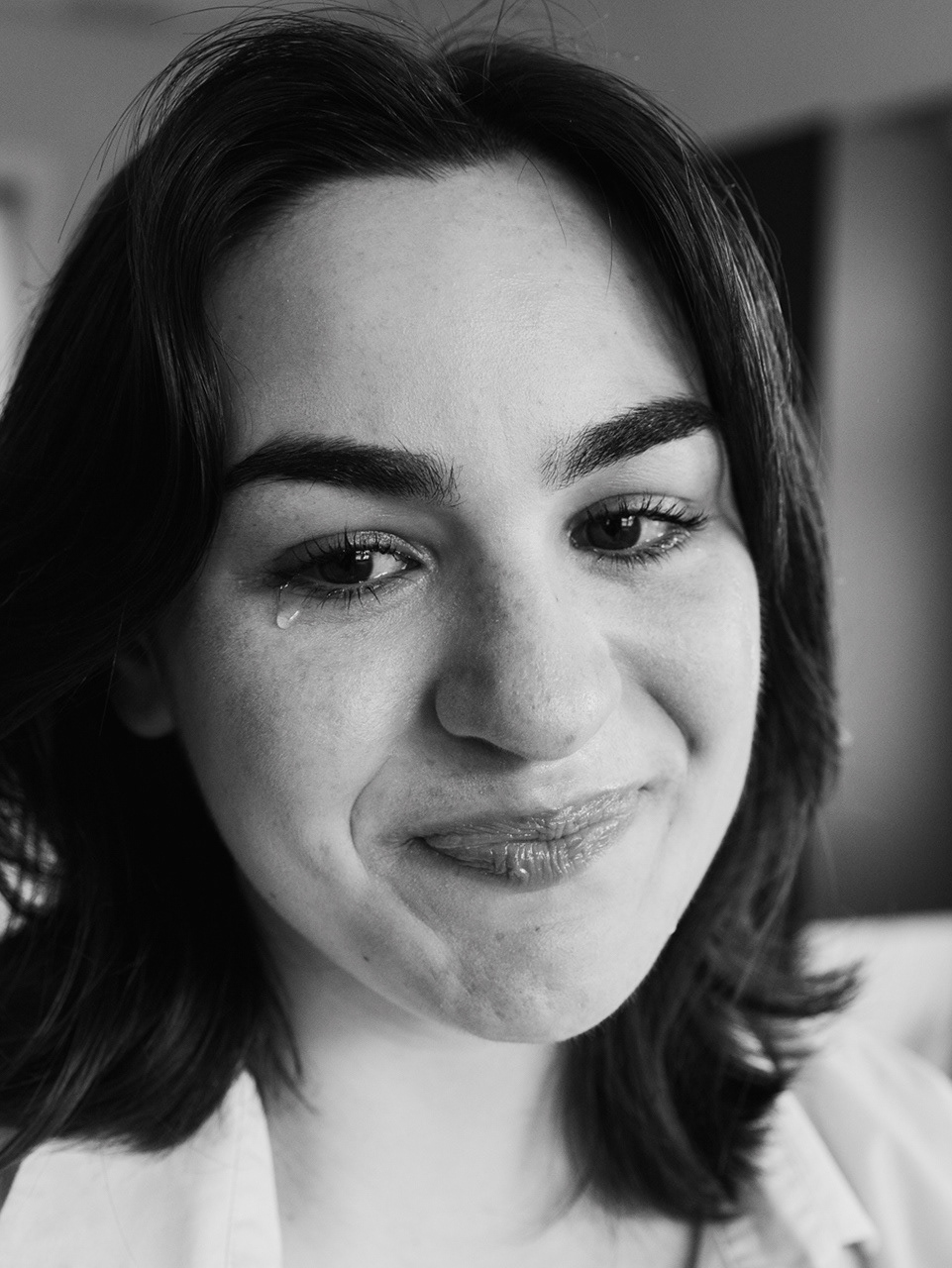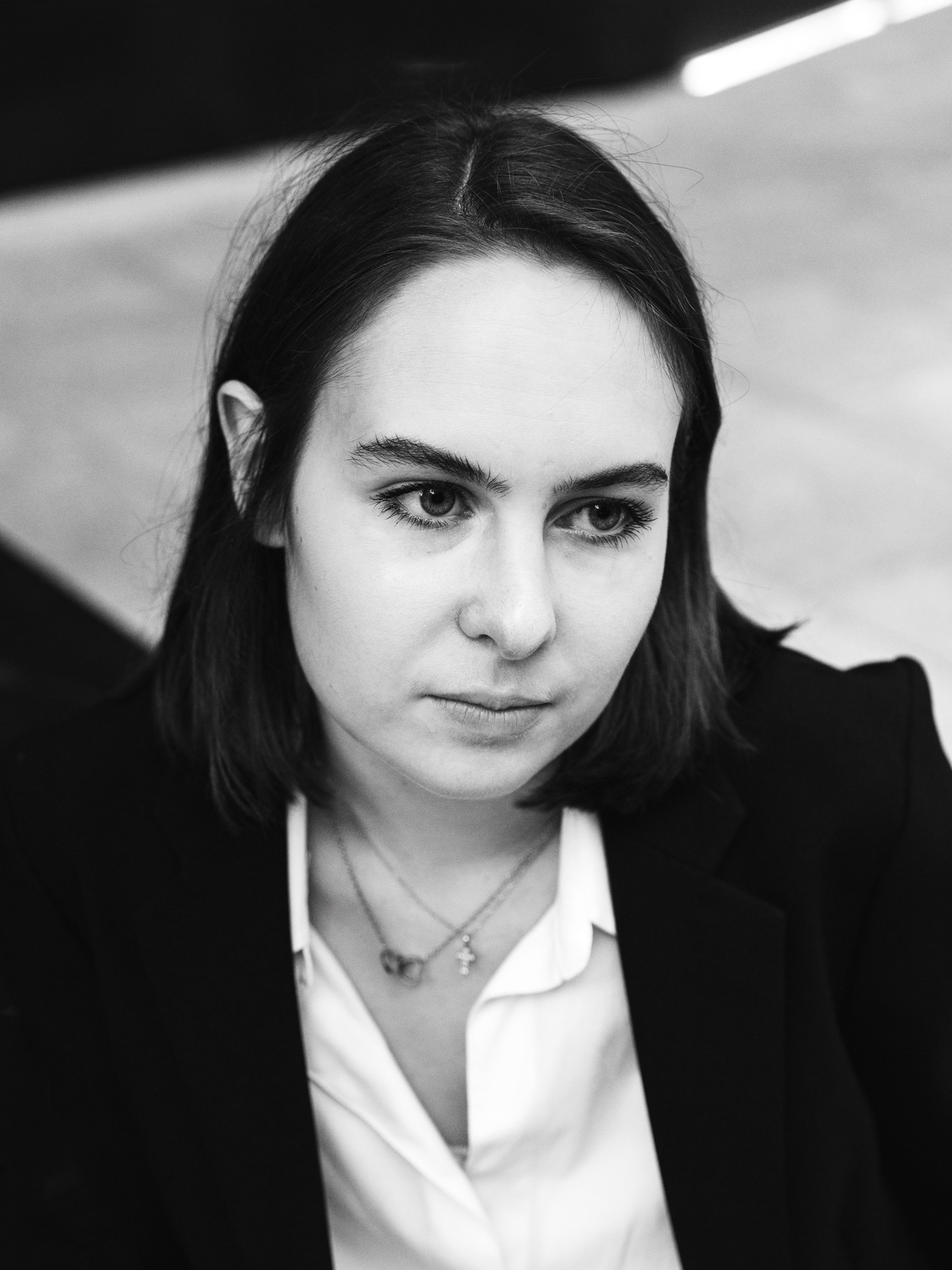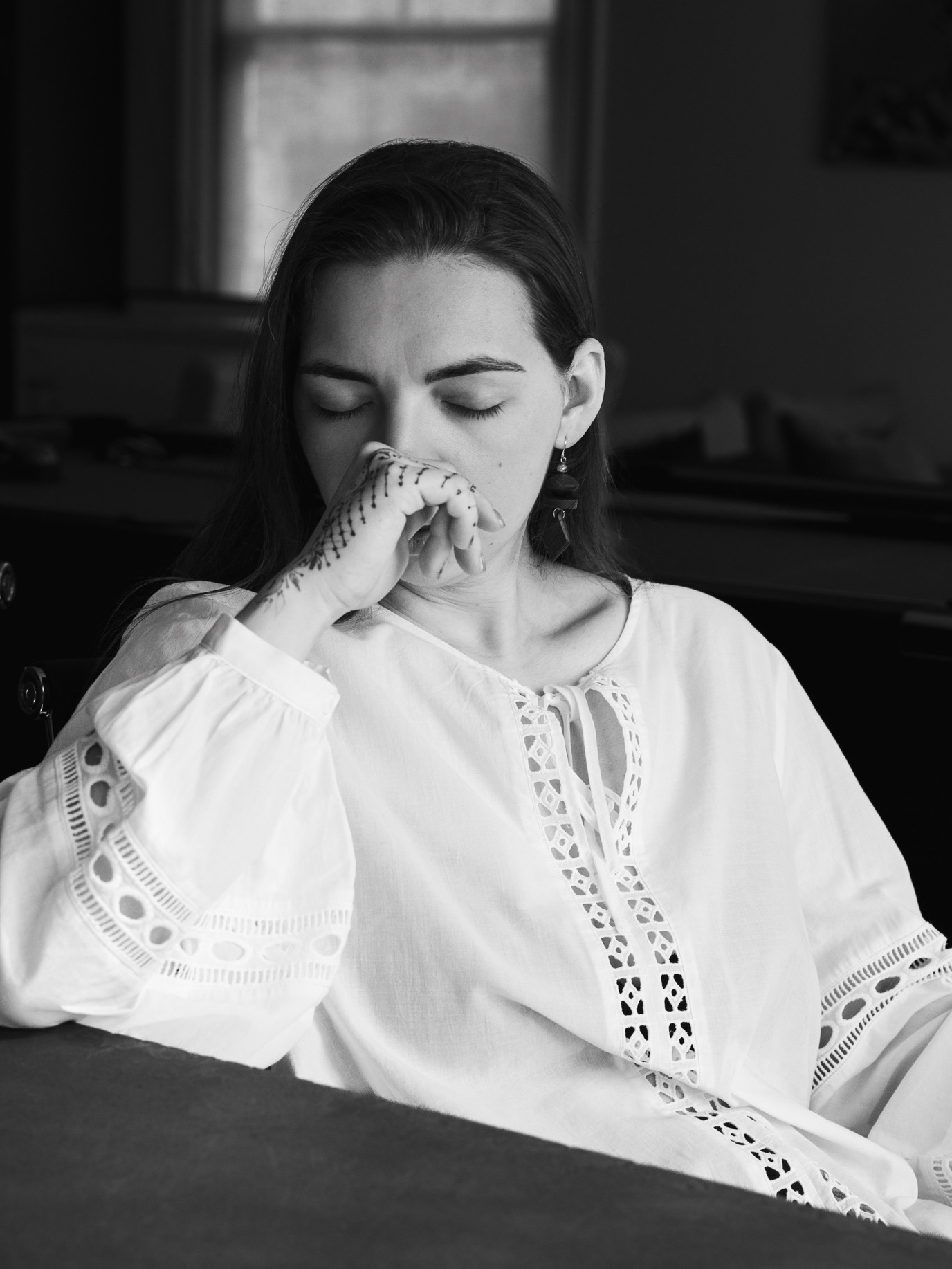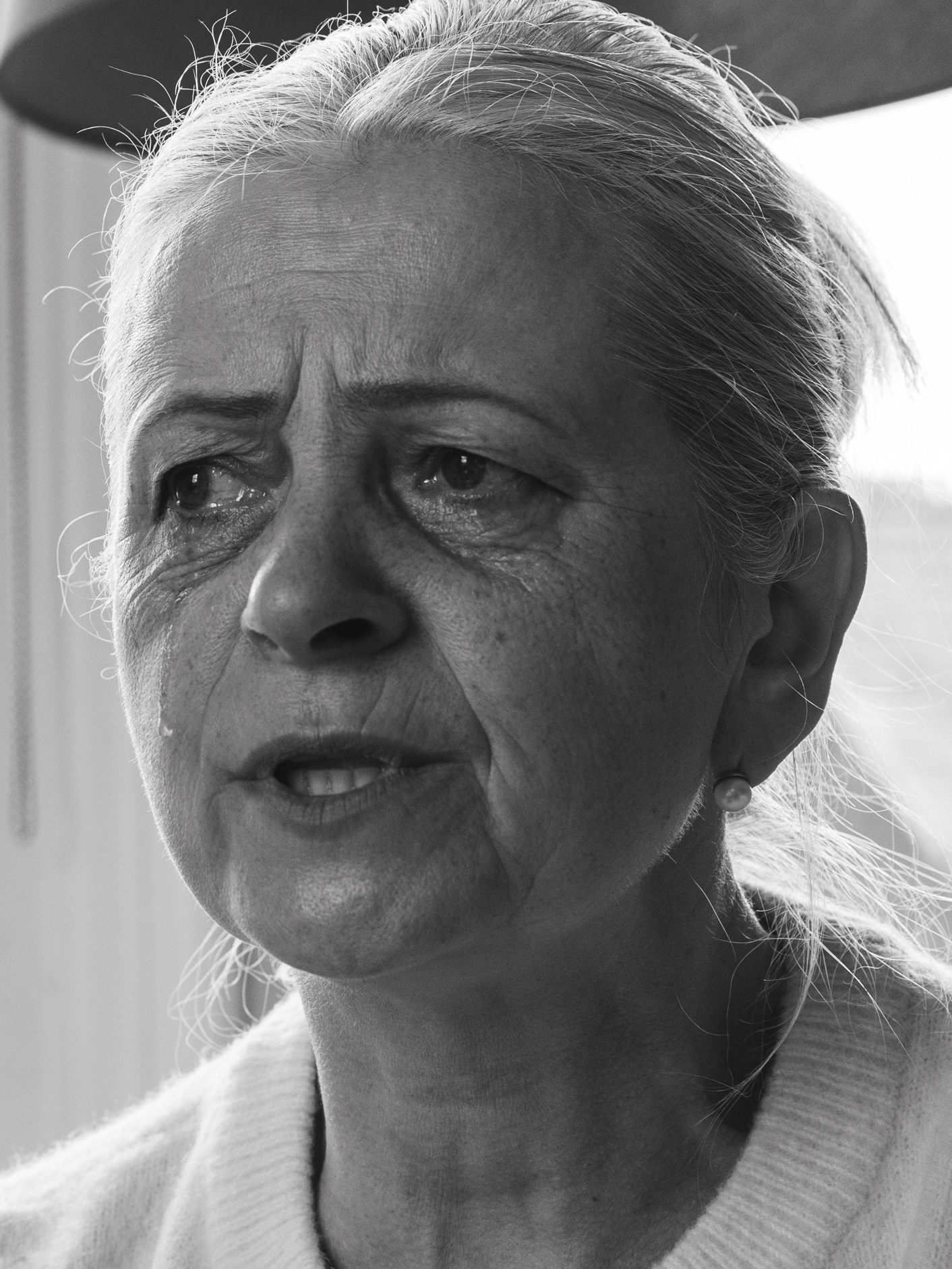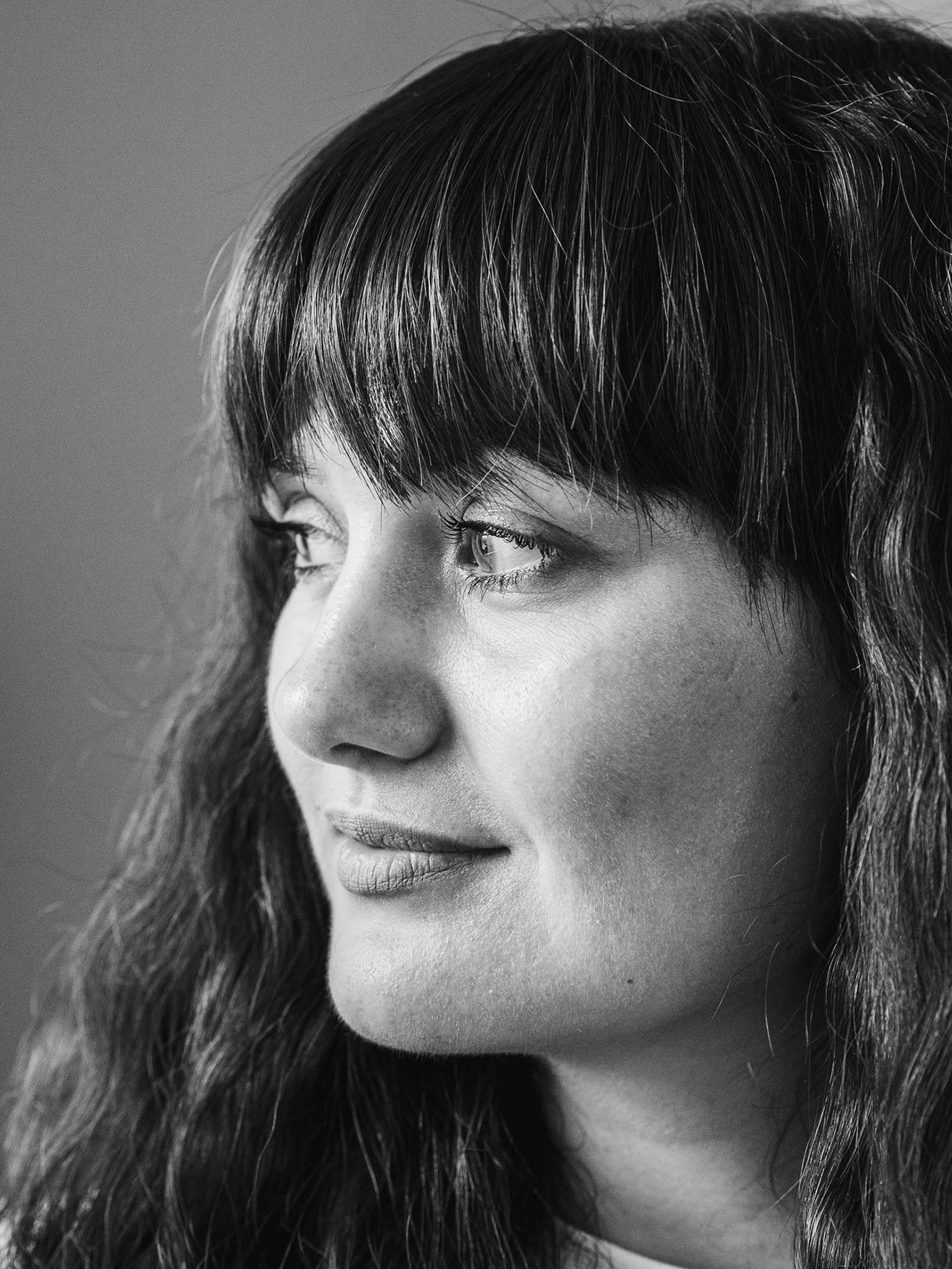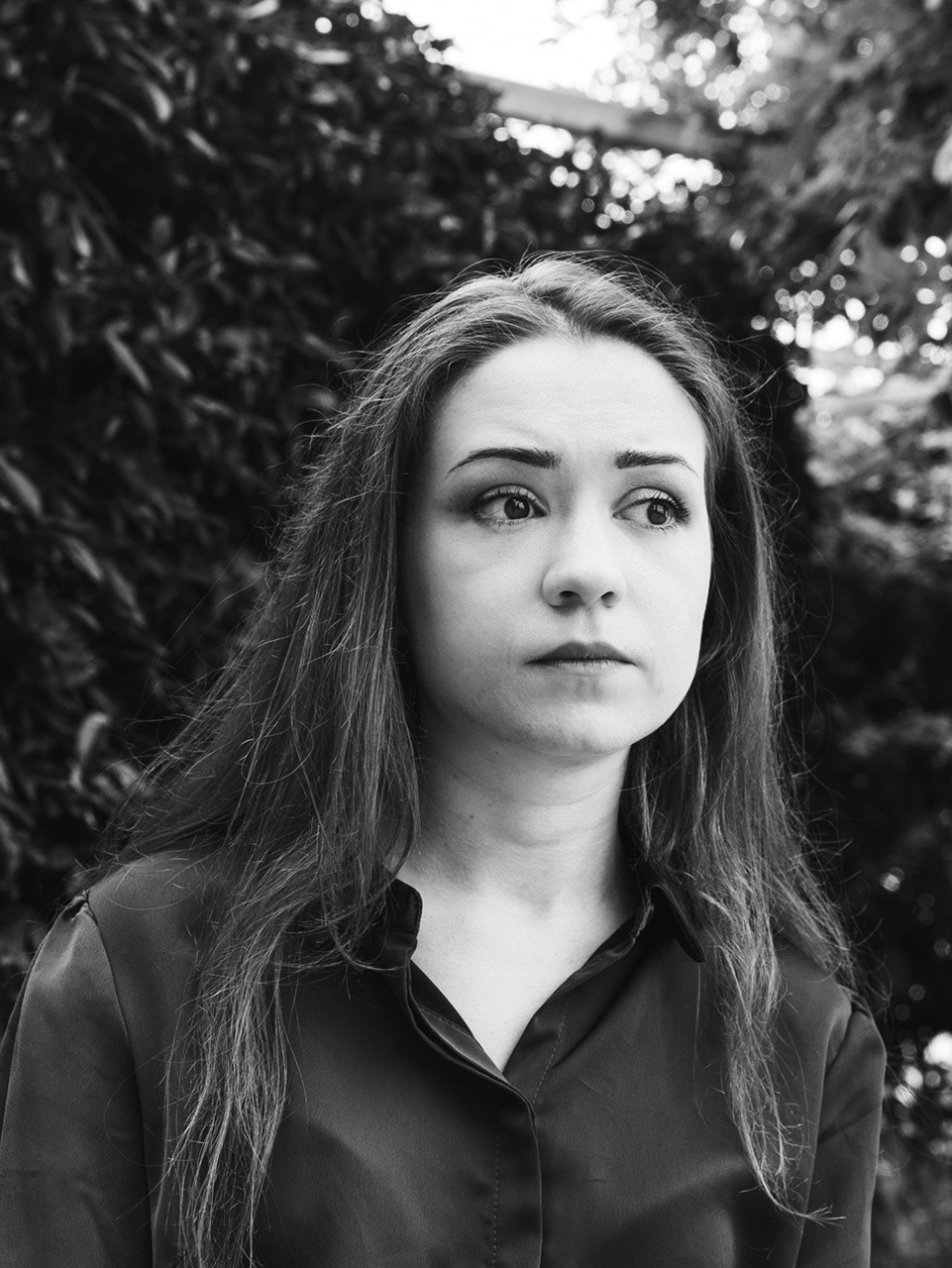"When you are looking for the adult in the room, but you realise you are that adult, and you wake up to your own responsibilities and choices."
Maryna: From "No, it's impossible" to "I am an adult"
This is the story of a woman from Kyiv. A story that, for millions of Ukrainians, has become not just personal, but a collective biography. It is a story of how, in a single moment, the world breaks apart, and how afterwards, among the fragments, you have to put yourself back together again. This is Maryna’s story, about war, escape, and unexpected healing through a “third trauma”.
Her story is not just a chronology of events. It is an honest, sometimes painful analysis of inner fractures: from total denial to forced acceptance, from paralysing guilt to the first steps towards taking responsibility for her own life.
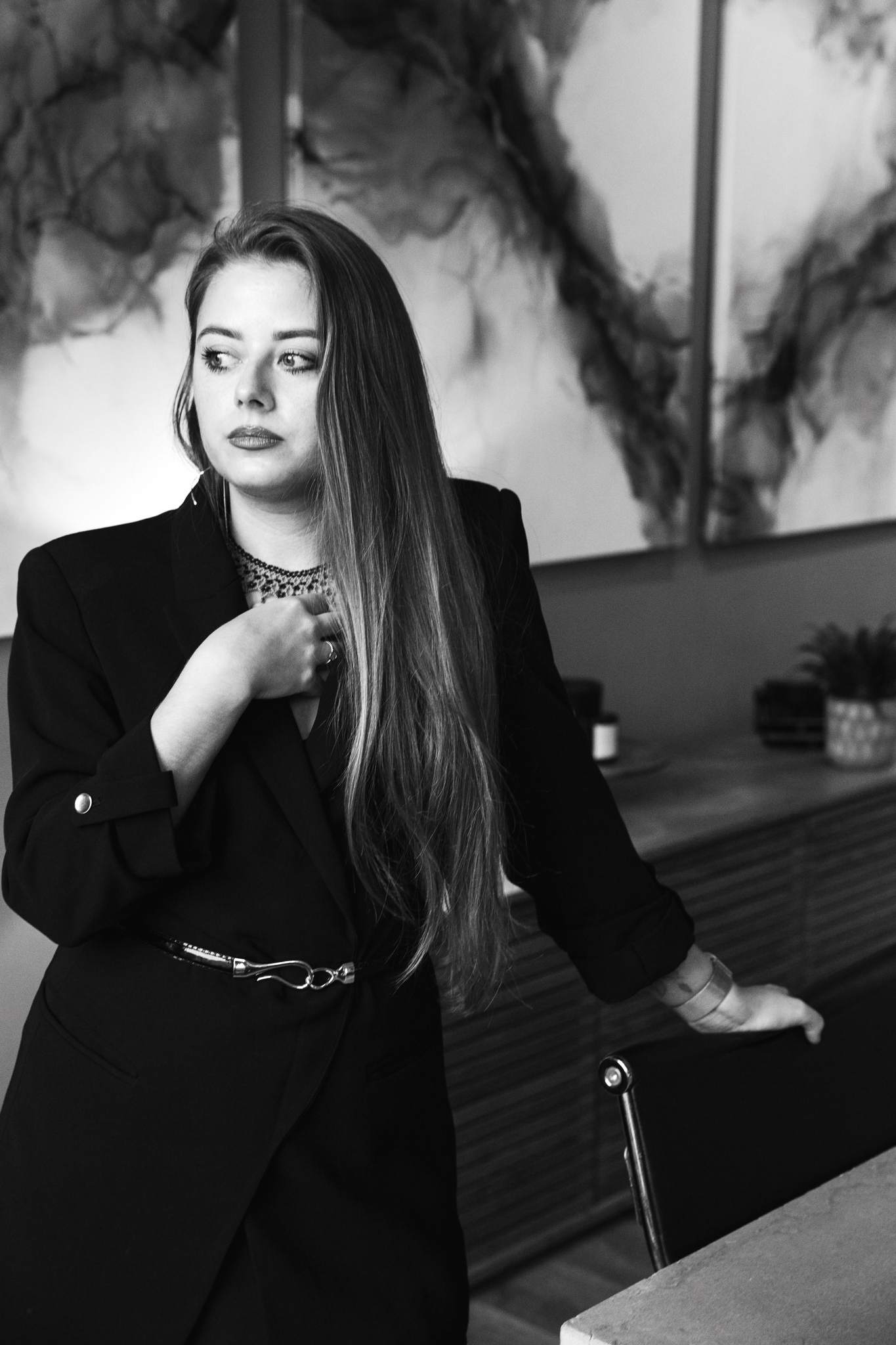
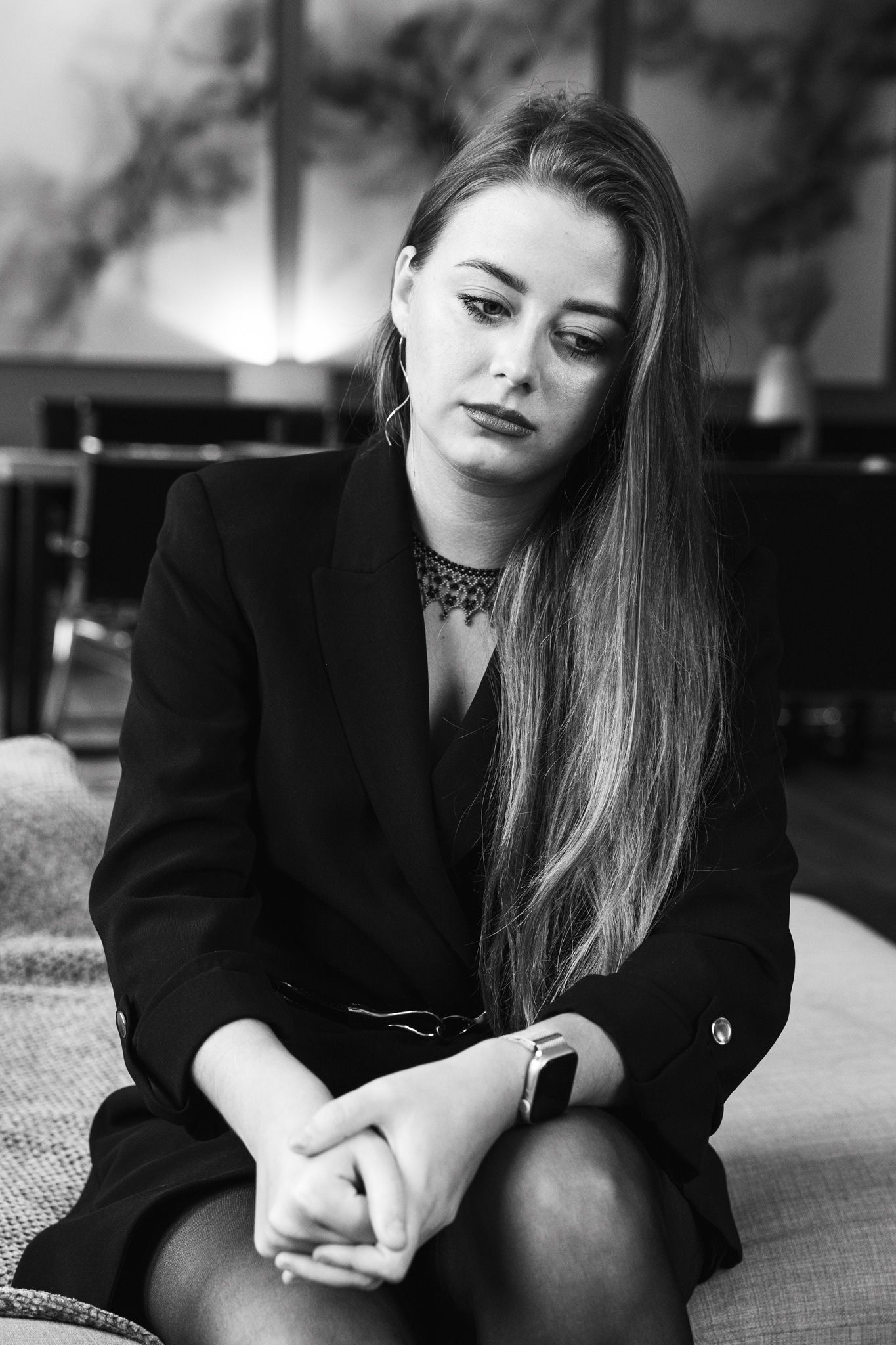
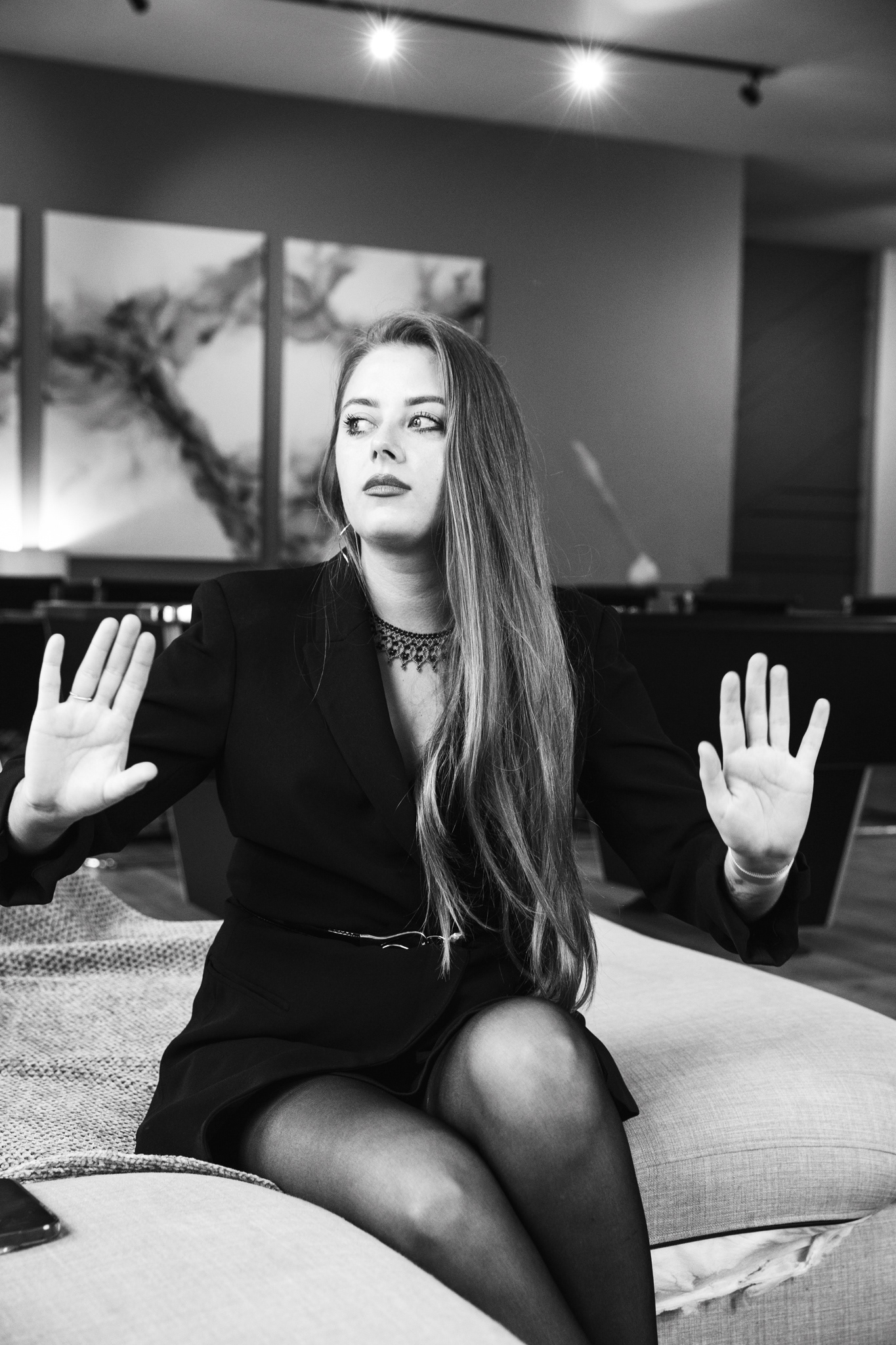
"When you are looking for the adult in the room, but you realise you are that adult, and you wake up to your own responsibilities and choices."
Maryna: From "No, it's impossible" to "I am an adult"
This is the story of a woman from Kyiv. A story that, for millions of Ukrainians, has become not just personal, but a collective biography. It is a story of how, in a single moment, the world breaks apart, and how afterwards, among the fragments, you have to put yourself back together again. This is Maryna’s story, about war, escape, and unexpected healing through a “third trauma”.
Her story is not just a chronology of events. It is an honest, sometimes painful analysis of inner fractures: from total denial to forced acceptance, from paralysing guilt to the first steps towards taking responsibility for her own life.
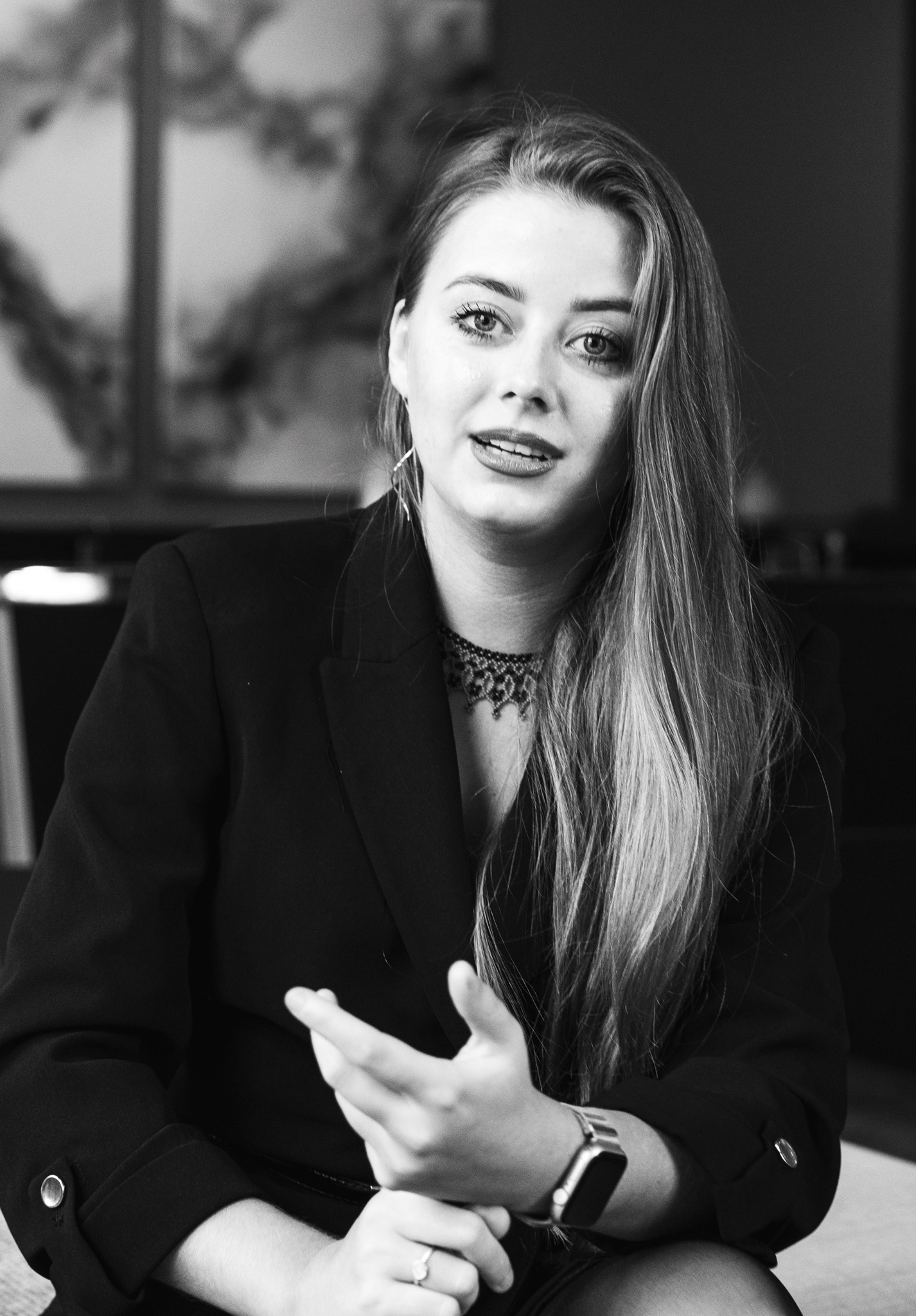
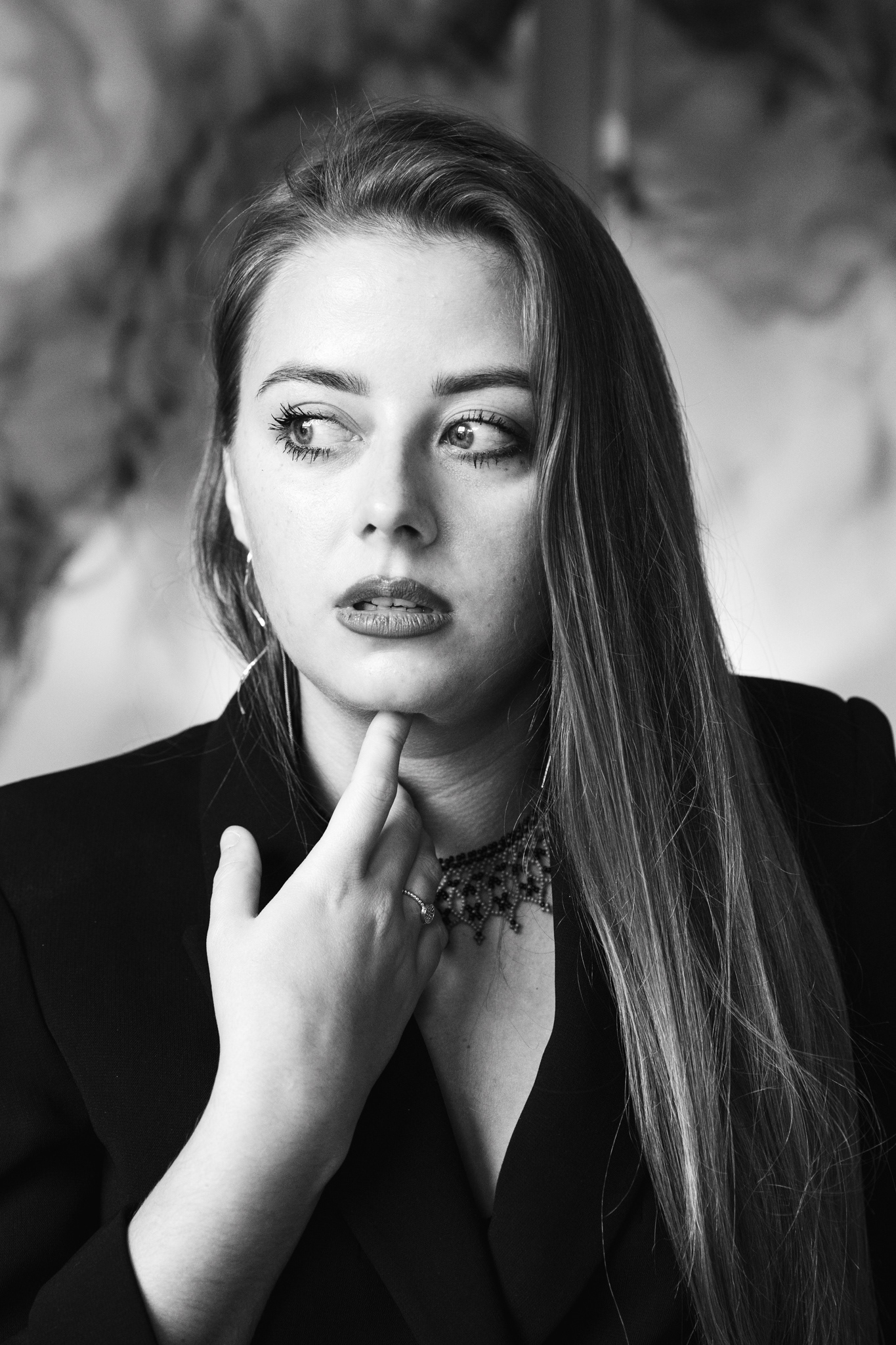
Between Guilt and Saying Goodbye to Life
The first days turned into complete chaos. The hardest thing turned out to be a choice that would haunt her for a long time – the choice between her mum and her then-partner.
“I was living with a now ex-partner then, and my mum was in the Darnytskyi district. And at that moment I had a choice: to go to my mum, or stay with my partner… I do not respect myself for this, because I should have gone to my mum, to be with her.”
They decided to drive “beyond the city line”, to a relatives’ dacha [cottage] in the direction of Chernihiv. A decision that she now considers a mistake.
“If you took me now with my life experience… I would have acted completely differently. But back then… my voice wasn’t important, I was simply lost, I agreed to go.”
It was then, just before they left, that she experienced a moment that could have been her last.
“I went out onto the street… And again there were fighter jets, and again very low… And they were flying so low that people just scattered in all directions, I ran too, I fell, I covered my head with my hands and I said goodbye to life… That moment when I said goodbye to life on the second day of the war, I realised that [it is] absolutely identical to the sensation [in a dream]… I was just shaking so much, it… was terrible stress.”
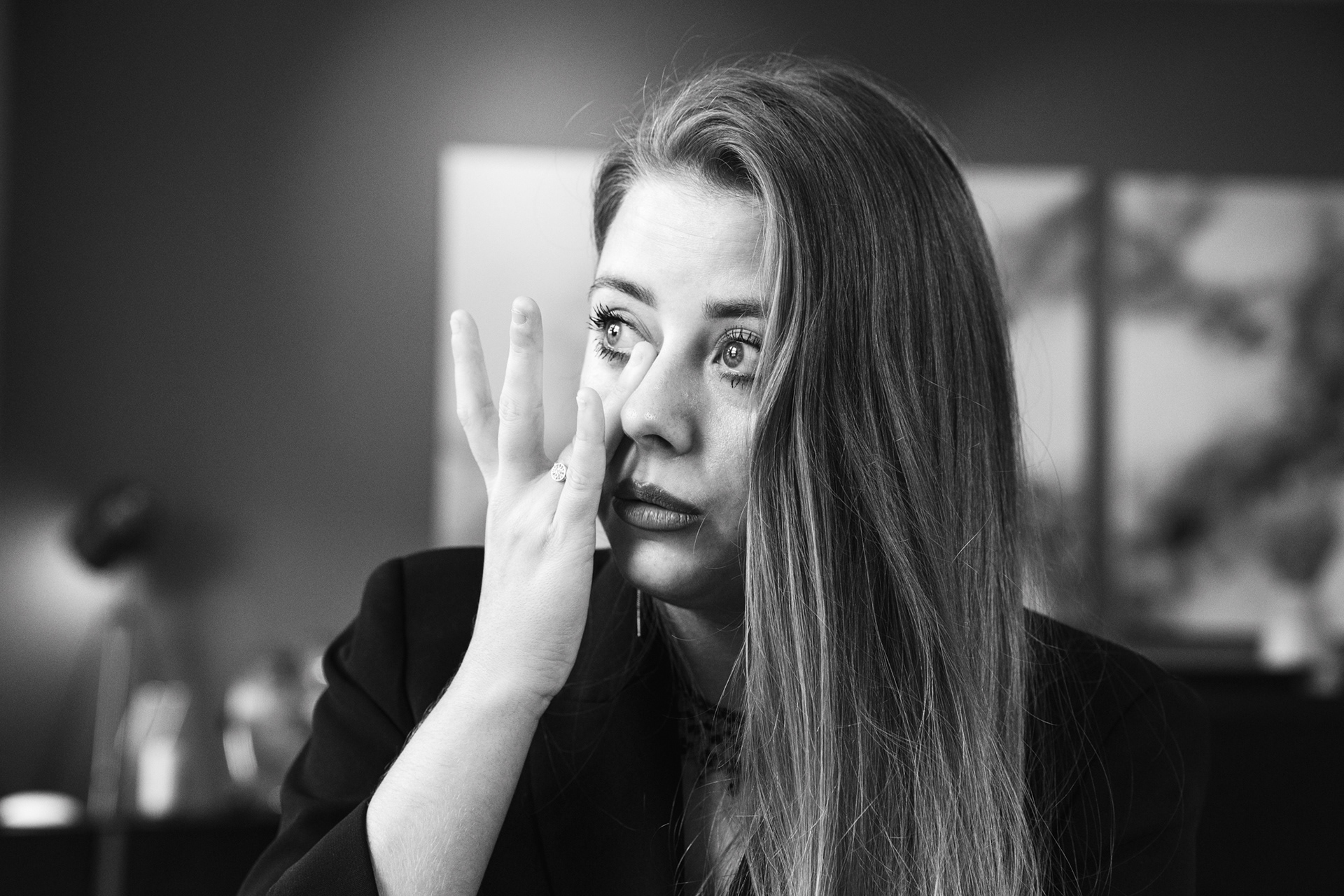
The trip turned out to be short and dangerous.
“We decided to drive back because Russia was already moving along that motorway.”
They returned to Kyiv, where a new reality was already in place – scarcity.
“There was almost no food… People were selling food on the pavements, on the street… I didn’t appreciate, as it turned out, that period when you could go to a shop… and just pick up a snack… We were walking, and I see some slightly rotting cherry tomatoes on the road, and I buy them… Any food – it was bread (if you were lucky), old stocks of what was left at home, onions… And this forces a very strong re-evaluation of values.”
All this time she was not let go by a “terrible sense of guilt” that she was not with her mum. And her friend from Irpin, whom she had called on the first day, barely made it onto the last evacuation train.
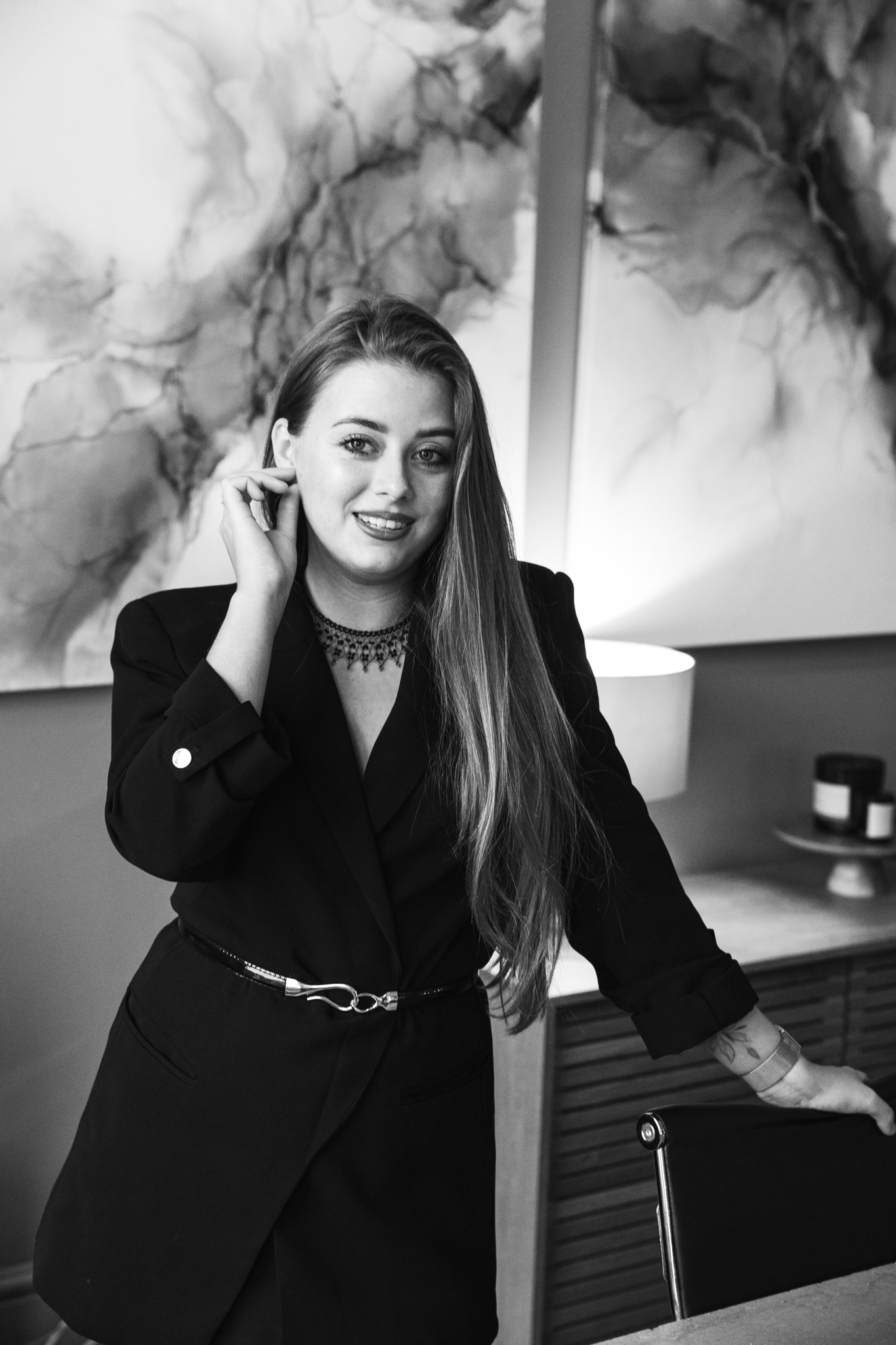
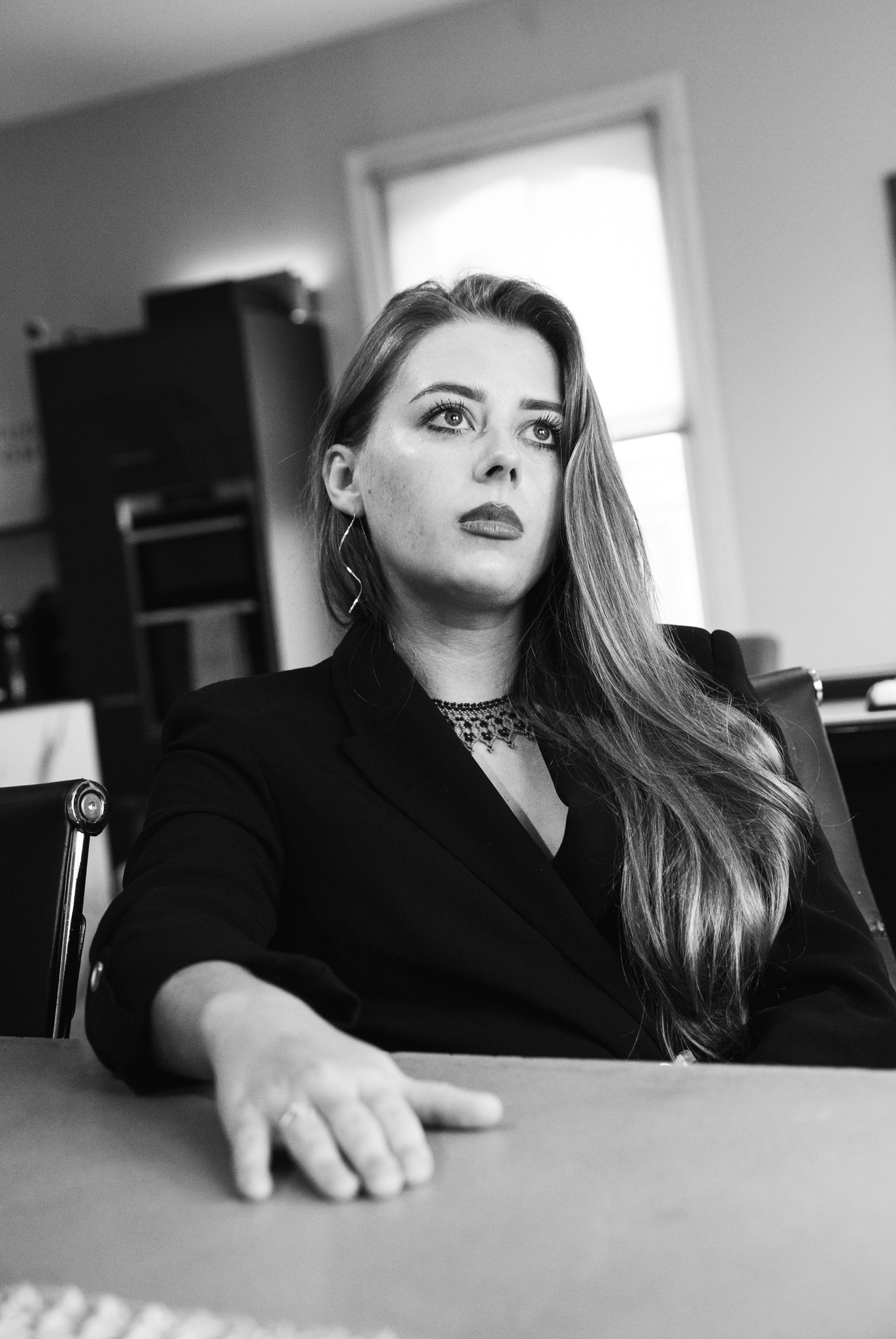
“The Best Sound is the Sound of the Microwave”
If the first trauma was the invasion itself, the second came in the autumn. It was quiet, dark, and cold.
“The next, biggest… shock – was the blackout.”
Maryna continued working for a large company, even when Kyiv was plunged into darkness. Work with the Polish warehouse could not wait.
“They needed to create certain positions on the website… And the Ukrainian team, with the blackout, couldn’t do it.”
This period turned into an endurance test.
“I just sat in the dark alone at home. On the windowsill. During the shelling. Because it was more important for me to catch the signal that was coming through, to understand where the shelling was. To understand that my loved ones were okay… And the house is shaking. I’m sitting on the windowsill… winter, it’s cold…”
Life adjusted to a new rhythm – the rhythm of the power coming back on.
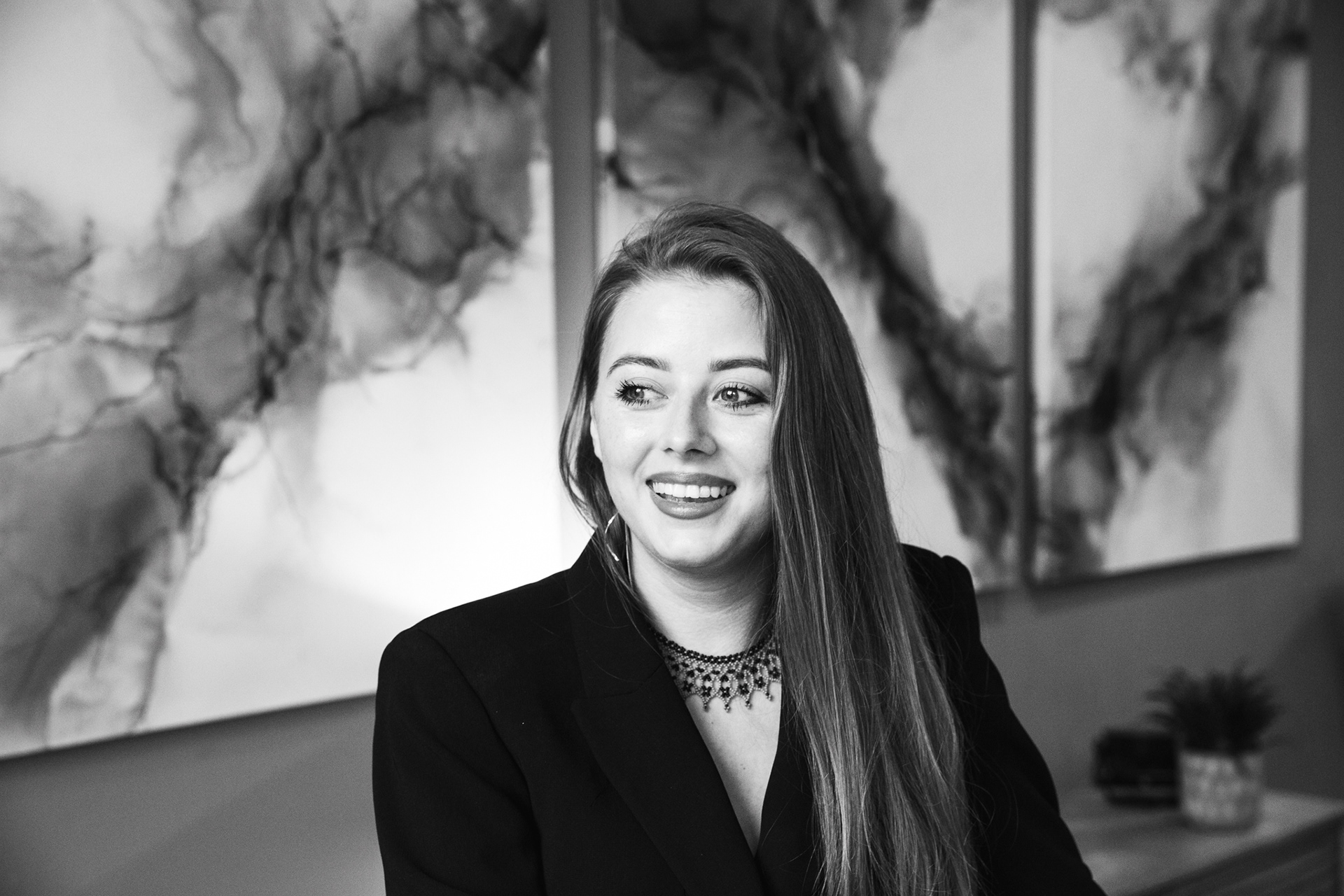
“I remember putting my lamp on my chest while sleeping, so that when the lights came on… I would wake up. That is the best sound – the sound of the microwave, which you hear when the power comes on… Again, a re-evaluation of values… you realise that having electricity, having water, having gas… is a great luxury… And I’d put the lamp on myself, the light comes on, I wake up, I don’t understand where I am, I put the laundry on… sit down, and start working.”
This survival marathon did not pass without consequences. In the first months of the war, Maryna, who had always been slim, lost weight down to 34–35 kg.
“Well, 40 kilograms was my heaviest weight in 30 years anyway…”
By the summer of the second year of the war, her depression worsened, and health problems were added – tumours in her breasts that required surgery.
It was then that a friend from Scotland, who had been persistently inviting her over, became even more convincing:
“Maryna, you need to come here… You are a young girl, please, don’t lose yourself.”
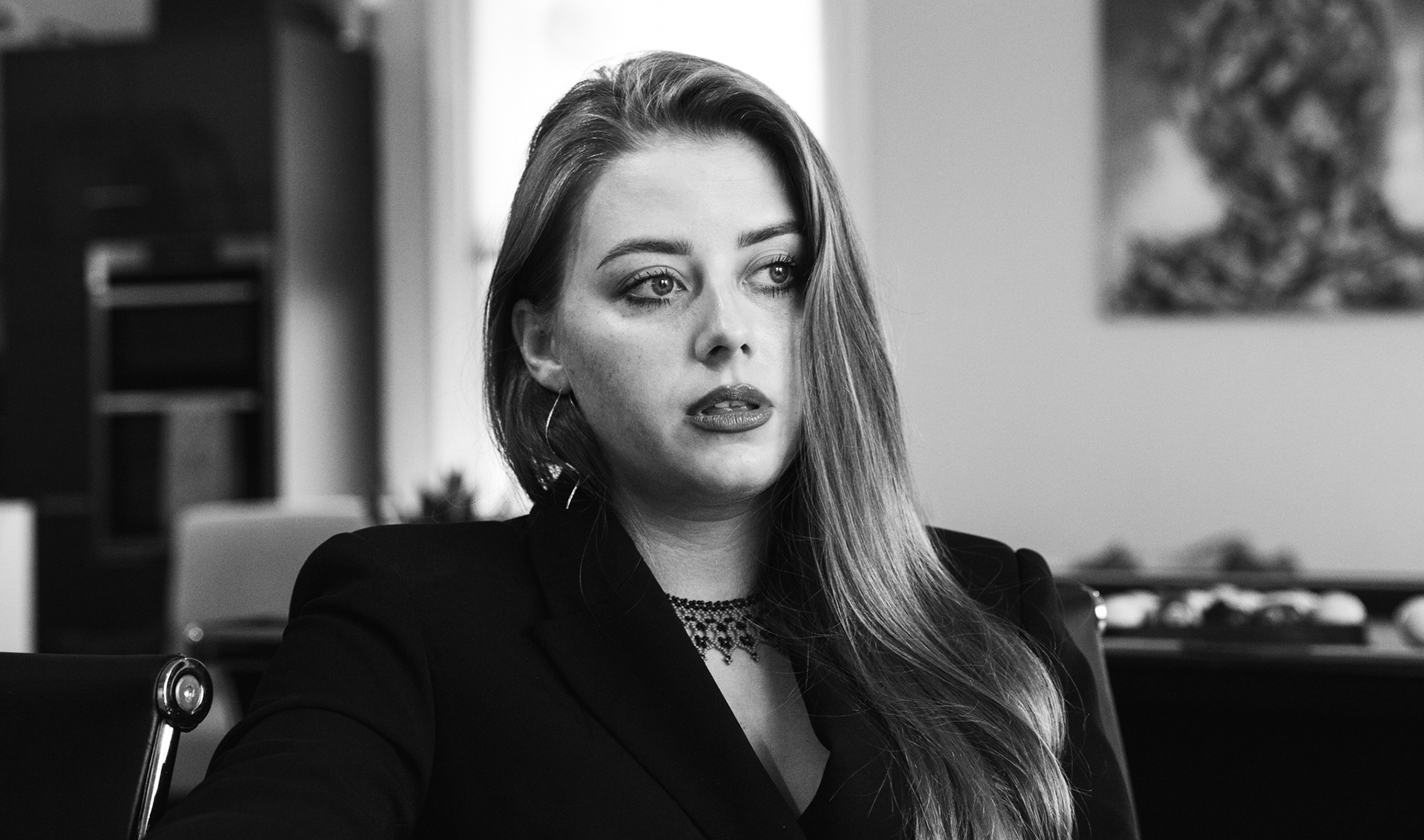
“Fay Will Write on Friday”
The decision to leave was the hardest of her life. It meant leaving her mum again, choosing herself.
“Every day, for six months… I’m going, no, I’m not going… I look at my family, I understand where I’m going, how will I leave them? I look at my life, I understand, and I need to change something… And this constant conflict in my head.”
The search for a sponsor turned into yet another humiliation.
“Only men were writing to me… I realised that if you are a woman in need of help, this world is so cruel… some creep will appear who wants to exploit that.”
Maryna had already given up. She complained to her mum about the stream of “idiocy” in her private messages and, in the heat of the moment, threw out:
“It would be so good if just a mature couple wrote to me.”
“And my mum says: they will write on Friday. Fay wrote to me on Friday. I was in shock.”
She was very afraid, so the initial plan was simple: to come, have the surgery, earn some money, and go back. But the departure itself was full of terror.
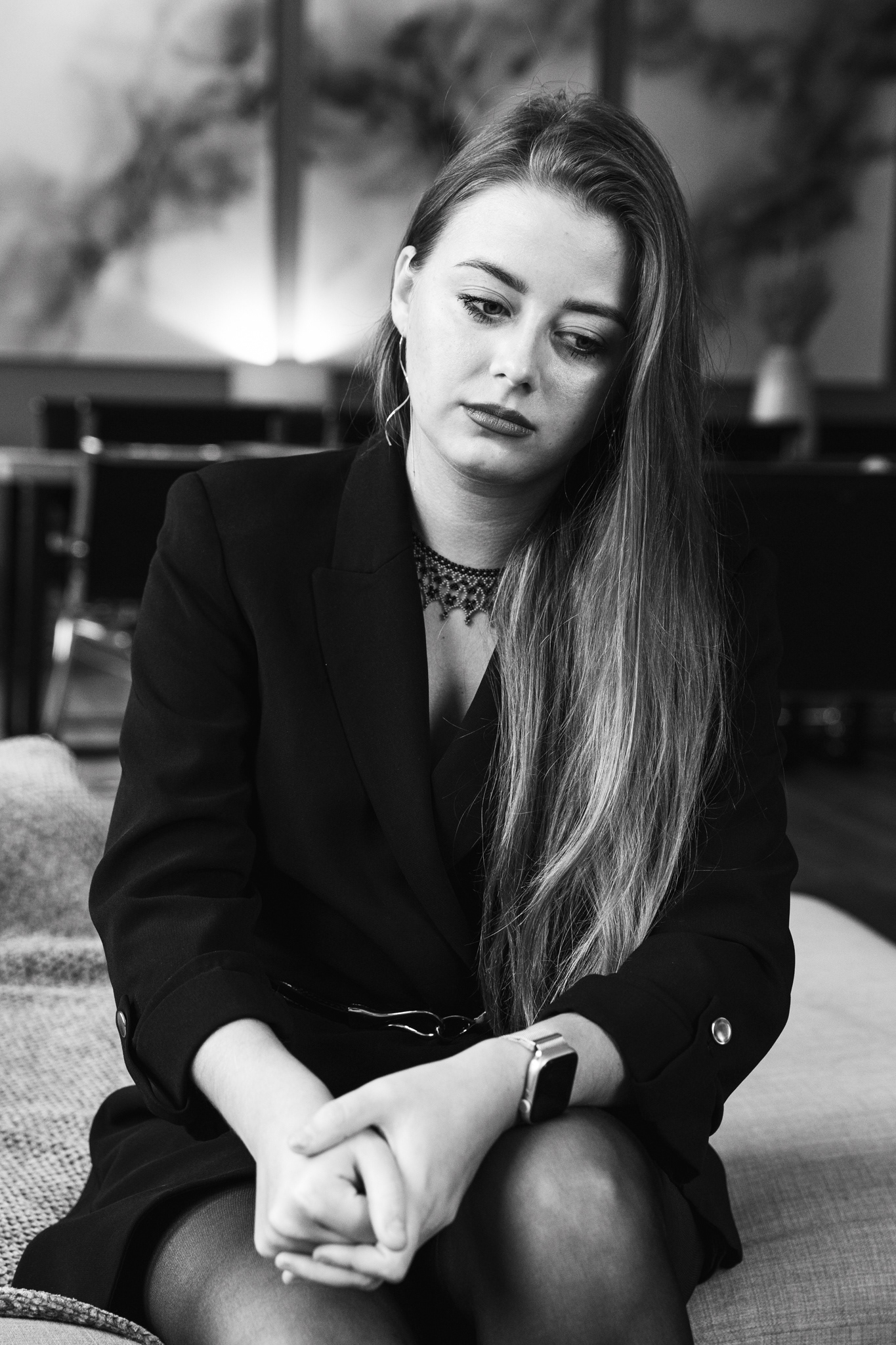
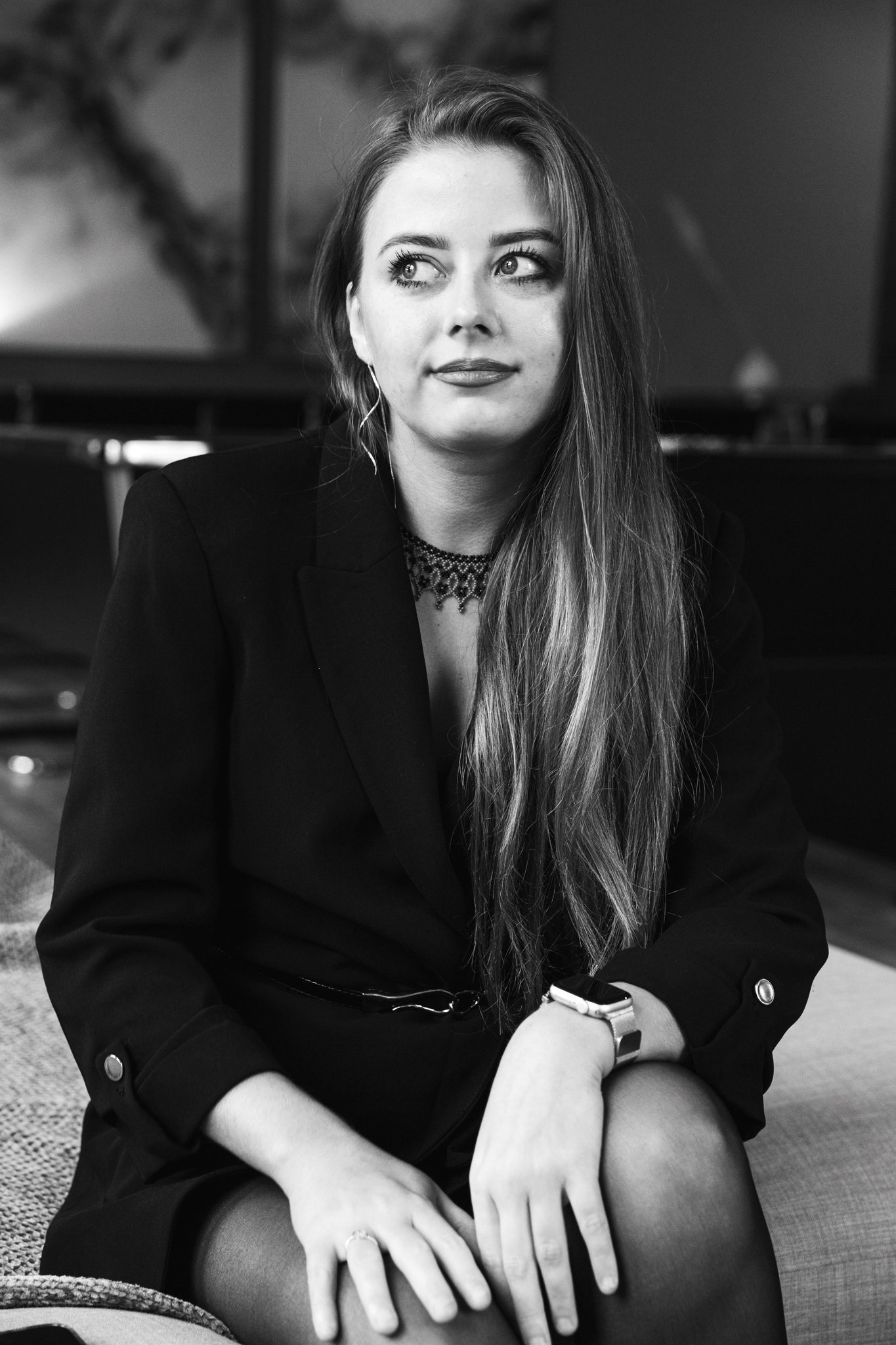
“For me, going to England was… probably my third trauma… It was the hardest decision in my life. Because I understood that… I am leaving, and what if my mum or dad die? This is me seeing them for the last time. And this is me again making the choice to leave my mum… and I feel… great guilt.”
The fear was paralysing.
“I was there with two heavy suitcases, I had never travelled anywhere alone in my life.”
But the Universe, it seems, decided to help her.
“And in my train compartment, there was a mum and daughter travelling to the visa centre in Poland too… She was simply my mum for 24 hours… Someone watched my suitcases, I wasn’t alone.”
The road to England became the first step towards the realisation of her own strength.
“I realised that I… I was used to looking for another adult. But I am the adult. I bear responsibility for my life, for my actions, for my choices. And for me, this was such… a revelation.”
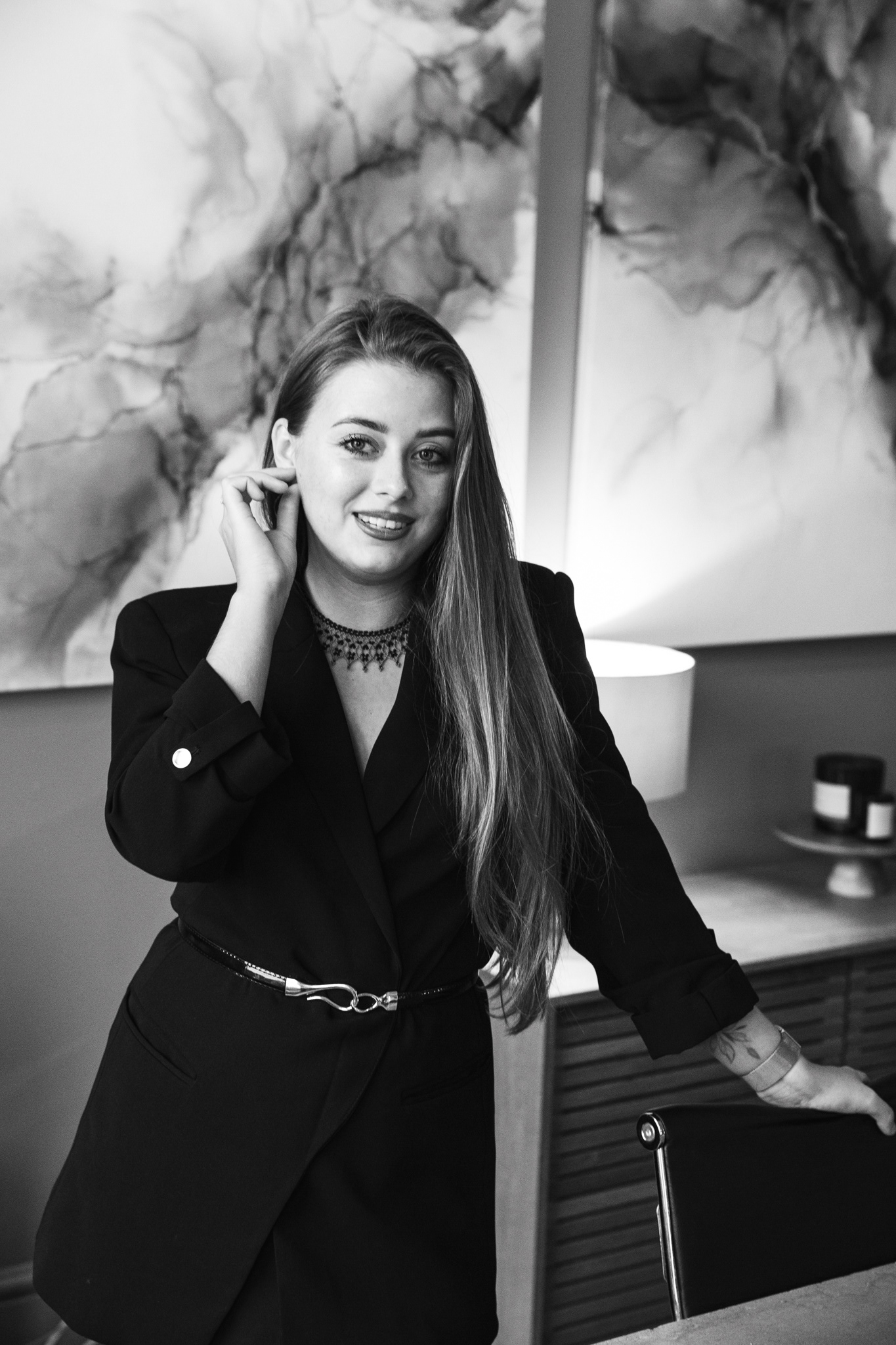
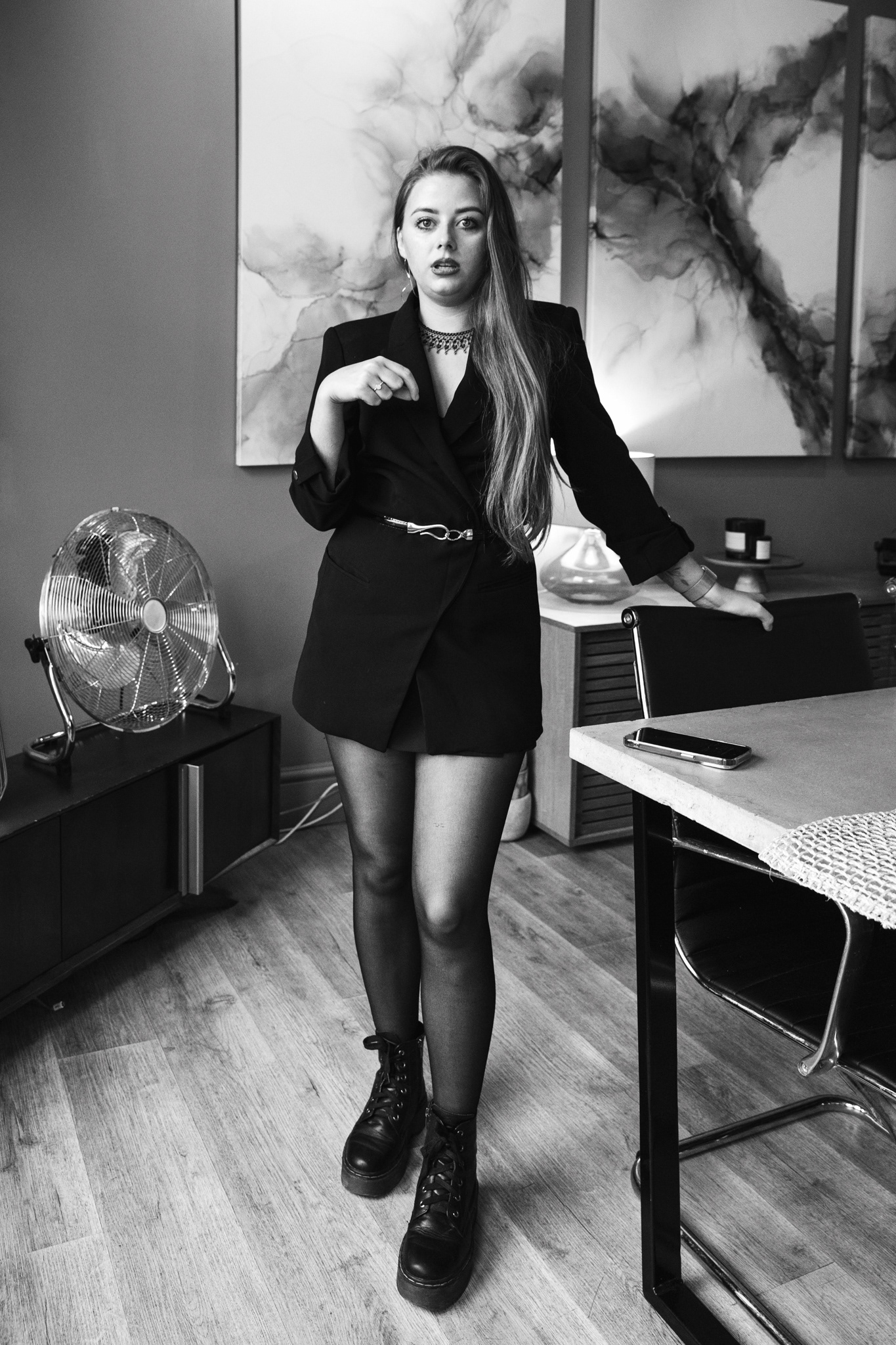
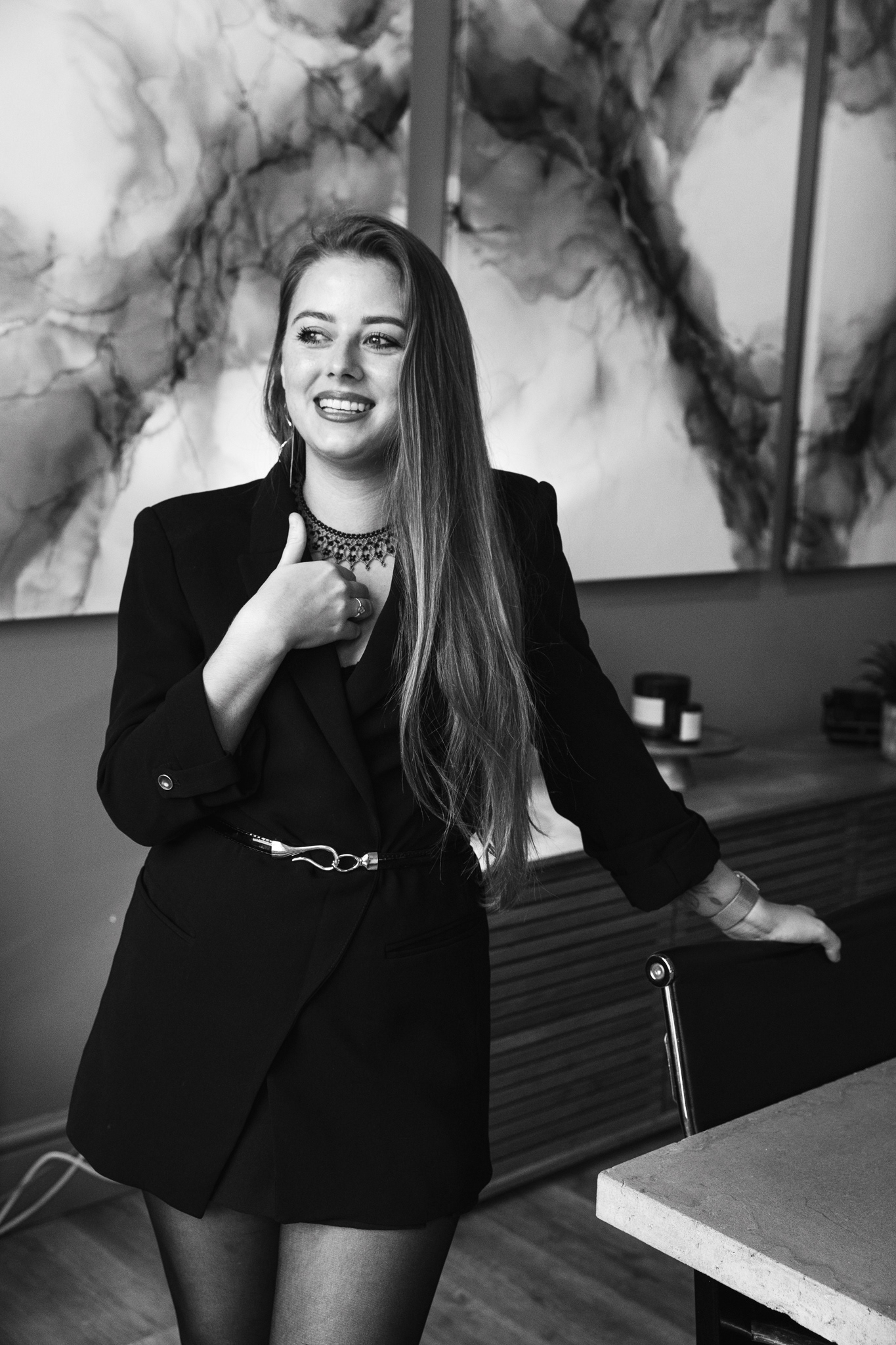
The “Trauma” of a Healthy Environment
Arriving in England became what Maryna calls the “third trauma”. But this time it was a trauma of positive shock – a collision with a completely different culture of communication.
“I arrived at my sponsors, Fay and Ian, and I just… sit, watch and realise, this is a family… Everything is a very healthy environment… When you realise they aren’t irritated, they communicate. For them, some triviality isn’t a reason to lose their temper… For them, a triviality remains a triviality.”
It was so unusual that it broke all her old patterns. Maryna, raised in the paradigm of “Soviet mindsets”, expected drama but received support. Finding a job was hard – dozens of rejections every week.
“And I’m just sitting in the kitchen and just crying. And Fay and Ian tell me: ‘It’s all normal… You will find a job. Everything will be fine… You are okay. You are doing well. There is nothing wrong with you.’ And I’m like… what does that mean, ‘there is nothing wrong with me?”
The most vivid episode was when she accidentally stained expensive bedding with makeup.
“And I can’t wash it out… I’m standing there, crying… And Ian looks at me and says: ‘They’re just things’… I realise… that their entire worldview… is based on the fact that they treat people, truly… like people.”
Fay and Ian became her “English parents”, an “island of safety”. They didn’t just give her a home; they returned her sense of worth.
“I never felt so at home as I did with them… When I spoke about something with Ian, at some moment I was transported back to being a little girl and realised that right now I am receiving those important phrases that a father says to a daughter… And Fay… you look at her – and she doesn’t panic, she is always calm, encourages, supports, as woman to woman.”
This environment, free of toxic drama, began to heal her from the inside.
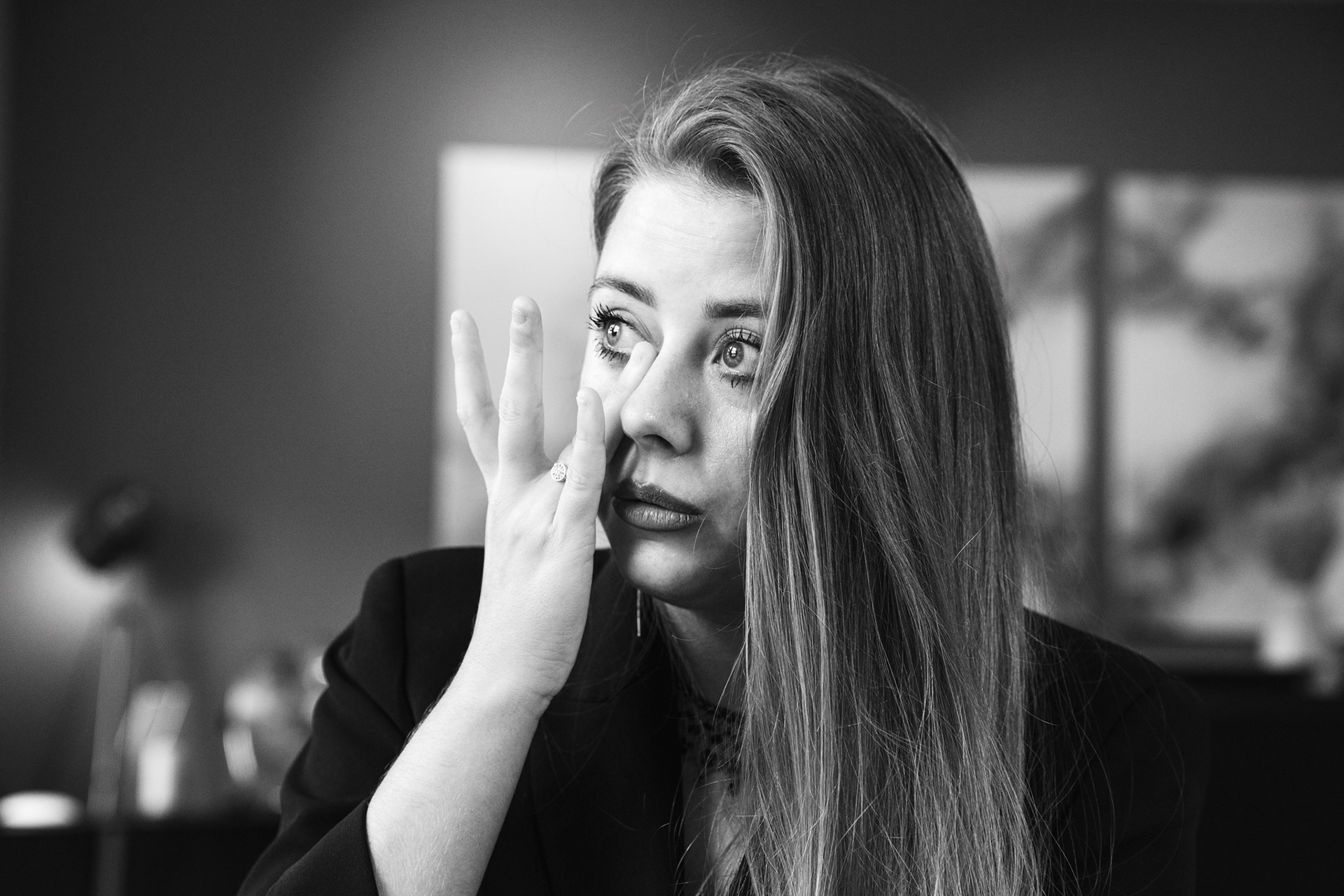
“I Am the Adult”
Life in England forced Maryna to re-evaluate not only relationships, but also her own stereotypes. She, who had worked for 10 years in the head office of a major company, started here from scratch, in the “service industry”.
“When all your life you are told that this is bad, that this is undignified, that at 30 you can’t work as a waiter… that it’s the easiest path… When you arrive here, you realise that here, people… can work [in these jobs]… because they love it.”
And then her partner Kris asked a simple question about her hobby – photography:
“Why don’t you want to make this your job?”
And again, a template shifted.
“Another stereotype. But that’s not serious… At the office on a computer – that is ‘serious work’… And I just had such a paradigm shift here… I go, photograph food in a restaurant… make a post. And this post takes off… And, probably for the first time in my life… I am doing what I like.”
The biggest discovery was the realisation of her own capacity to make decisions. Even in small things.
“When I was at work, I realised we had run out of soap. I’m like: what should I do?… And then I thought: go and get some soap… I went… and I didn’t ask anyone what I should do. And this little situation with the soap was such an indicator for me that I can do something myself… I don’t necessarily have to ask someone.”
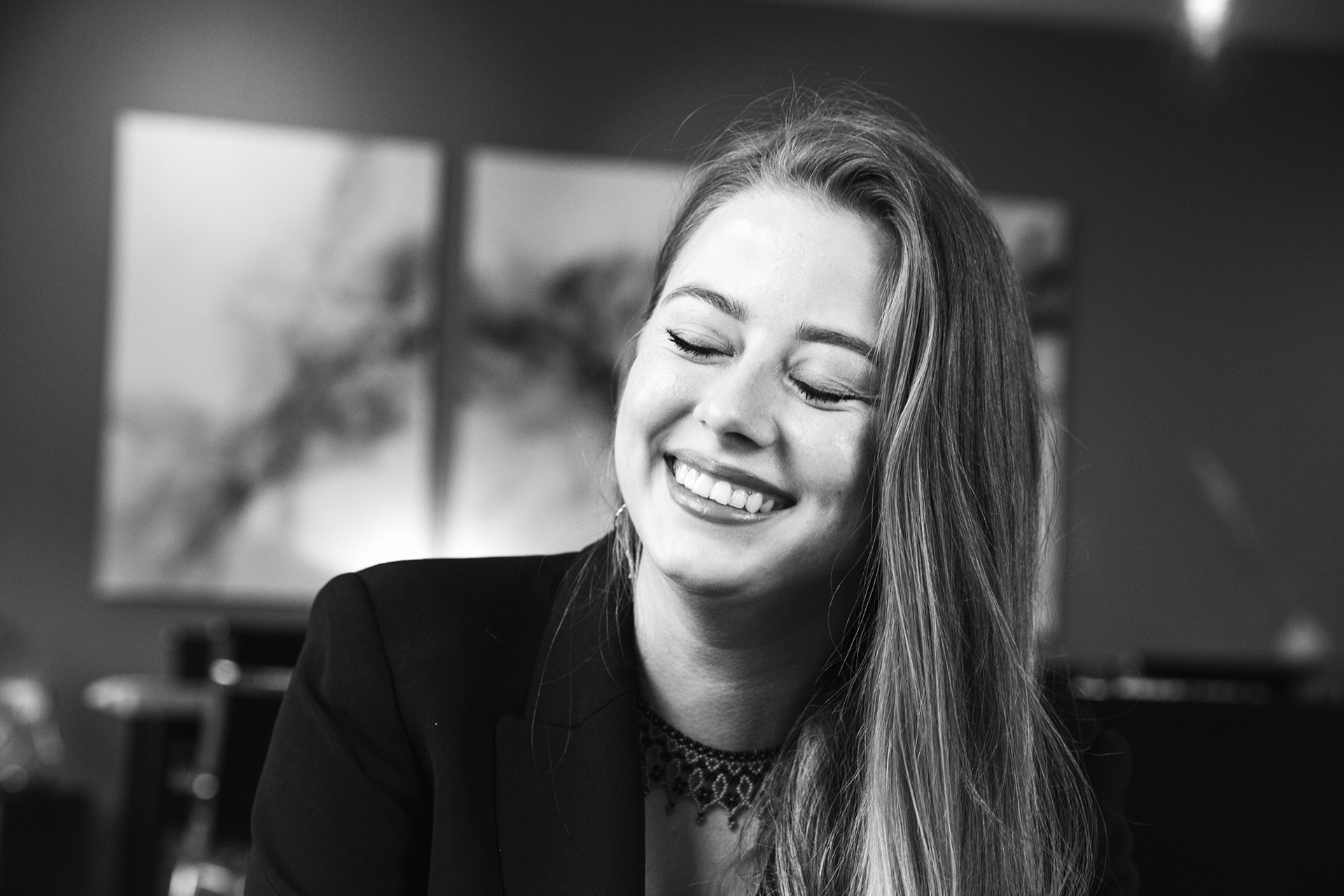
Now Maryna is learning to live in a new reality. She is building a relationship with a British man, Kris – a relationship of two different worlds that do not conflict, but enrich one another.
“To have something good and protect it, cherish it.”
The feeling of guilt has not disappeared. It returns every time she thinks of her mum, who never dared to move to a safe country. But now she is learning to see her mum not just as a mum, but as a “separate woman, an individual” with her own decisions.
Maryna’s story is a story about how sometimes war, while taking everything away, forces you to find what you never had – yourself. It is a painful path from “I can’t” to “I am the adult”.
“If it weren’t for the war… I wouldn’t have changed… I realise that the best thing I can do, as long as I live here, is to build my life, earn money, help financially, help with fundraising… That is all I can do.”
And, perhaps most importantly – to live. To live, remembering the price of every sunrise, every beep of the microwave, and every “little situation with the soap”.
